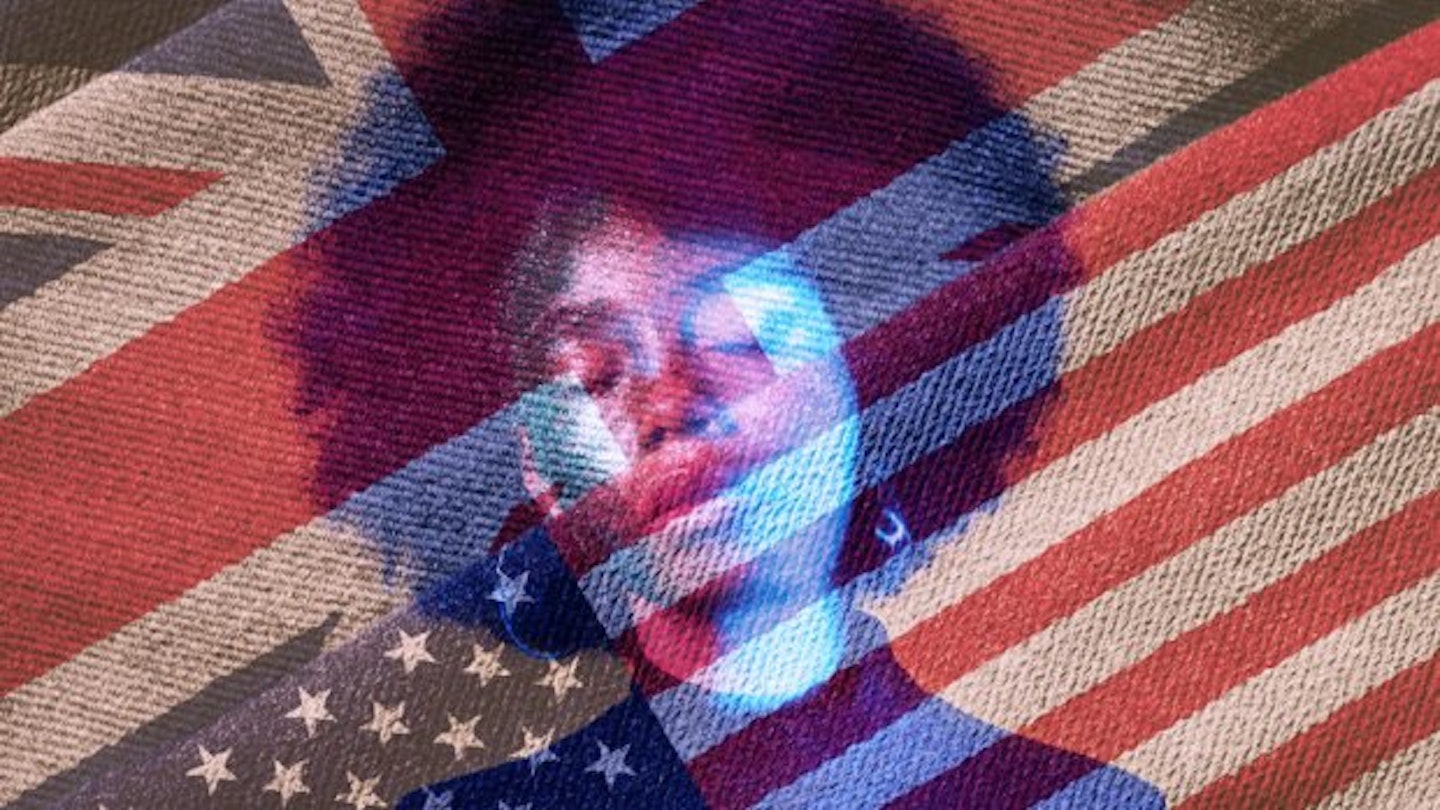Editor's note: We've seen a spike in traffic to this piece, which was written in 2017, since the protests in America following the death of George Floyd. If you're visiting to find out more, we have written about the anti-racism charities in the US and the UK you can donate to here. We have more here on how to be a white ally on social media, and why posting a black square on Instagram for Blackout Tuesday isn't enough, here__. We will be updating this piece with links to new articles relating to current events as they unfold.
Racism is a dirty word. I wouldn’t blame you for flinching at the sight of it just now. It unsettles all of us and regardless of the context it crops up in, always managing to put everyone on edge. Race doesn’t make for comfortable conversation. I’ve had to quite consciously learn to be at relative ease with a topic that has dictated a huge part of my life. And even though we read it almost every day as a tabloid buzzword, hear it called 'a card' with which to defend yourself and banded around as a joke in poor taste, at the end of the day, 'racism’ is a word that most of us fear being associated with.
READ MORE: Anti-racism charities to support in the UK and US
Charities To Support - Grazia
 1 of 23
1 of 23Stephen Lawrence Charitable Trust
Stephen Lawrence Charitable Trust works with young people from disadvantaged backgrounds aged 13 to 30 to inspire and enable them to succeed in the career of their choice
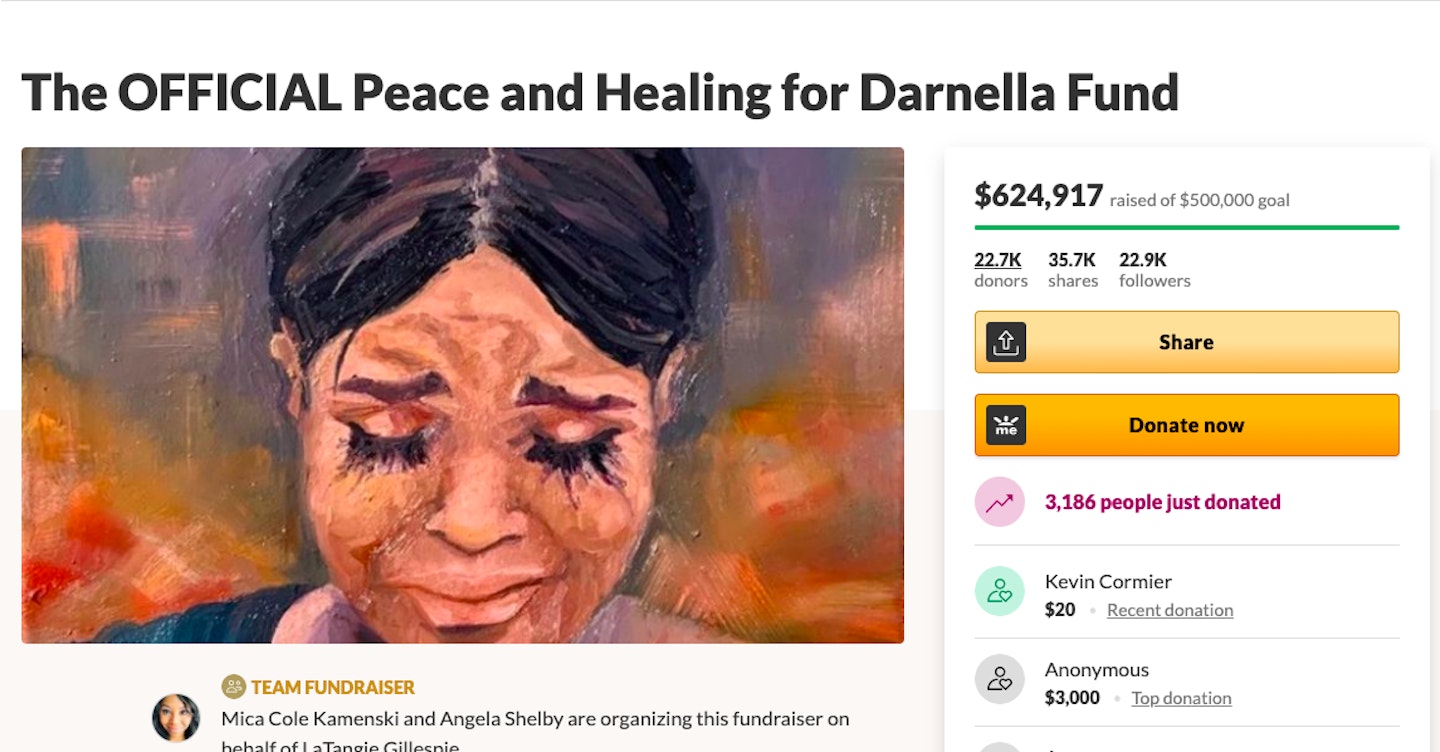 2 of 23
2 of 23Peace and Healing for Darnella Fund
Darnella Frazier, the brave young woman who filmed the murder of George Floyd, deserves peace and healing. In addition to the trauma of watching a black man be murdered by police, she has had to deal with trolls, bullies and ignorant people harassing her online. This fund is to support the healing and the restoration of hope for Darnella Frazier —whatever that means to her.
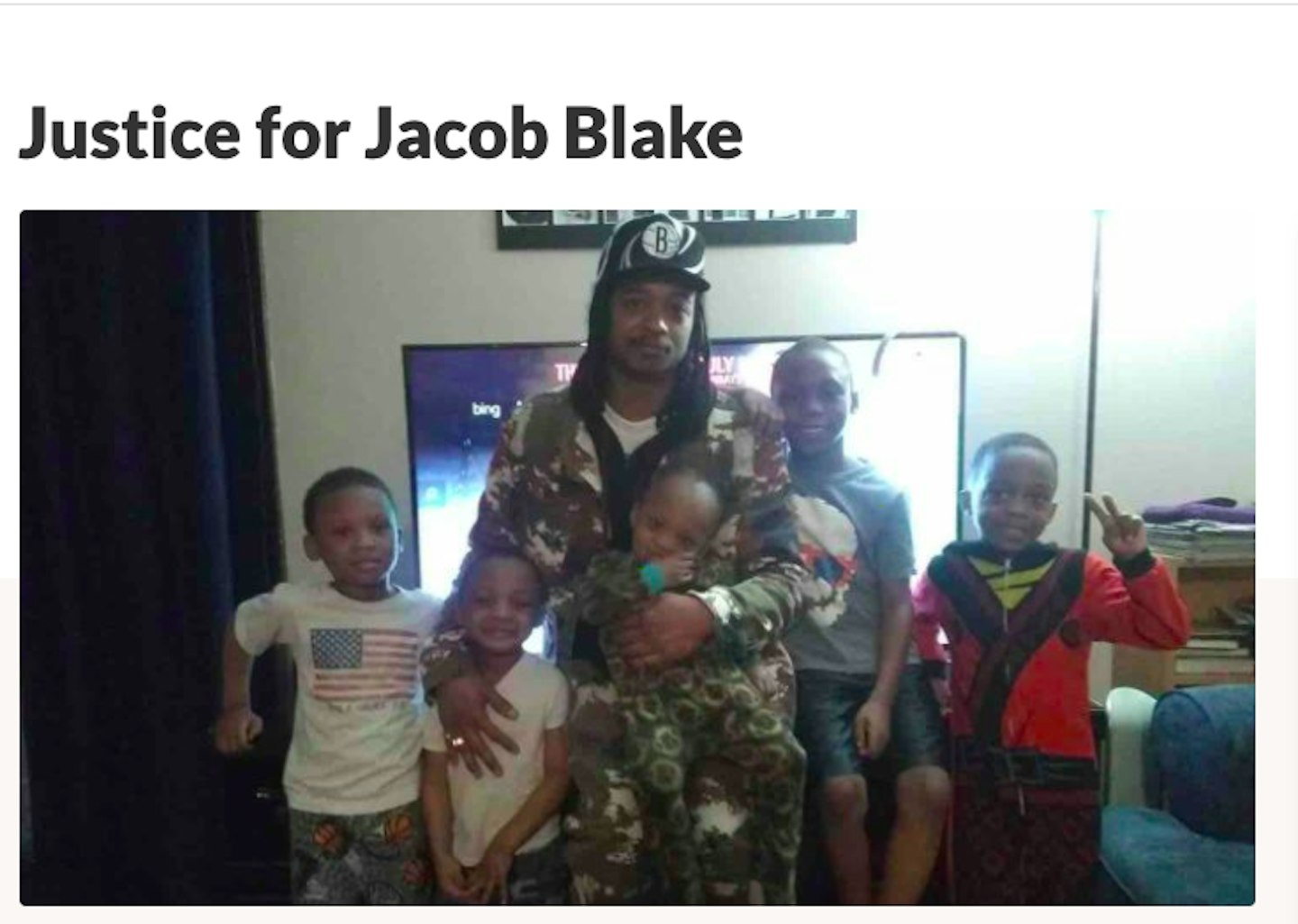 3 of 23
3 of 23Justice for Jacob Blake Fund
Set up by Blake's mother, this fund will cover his medical expenses, mental and grief counseling for his family and to assist them in the days to come, as they continue to seek justice for Jacob. A portion of these proceeds will also be used to benefit his six children.
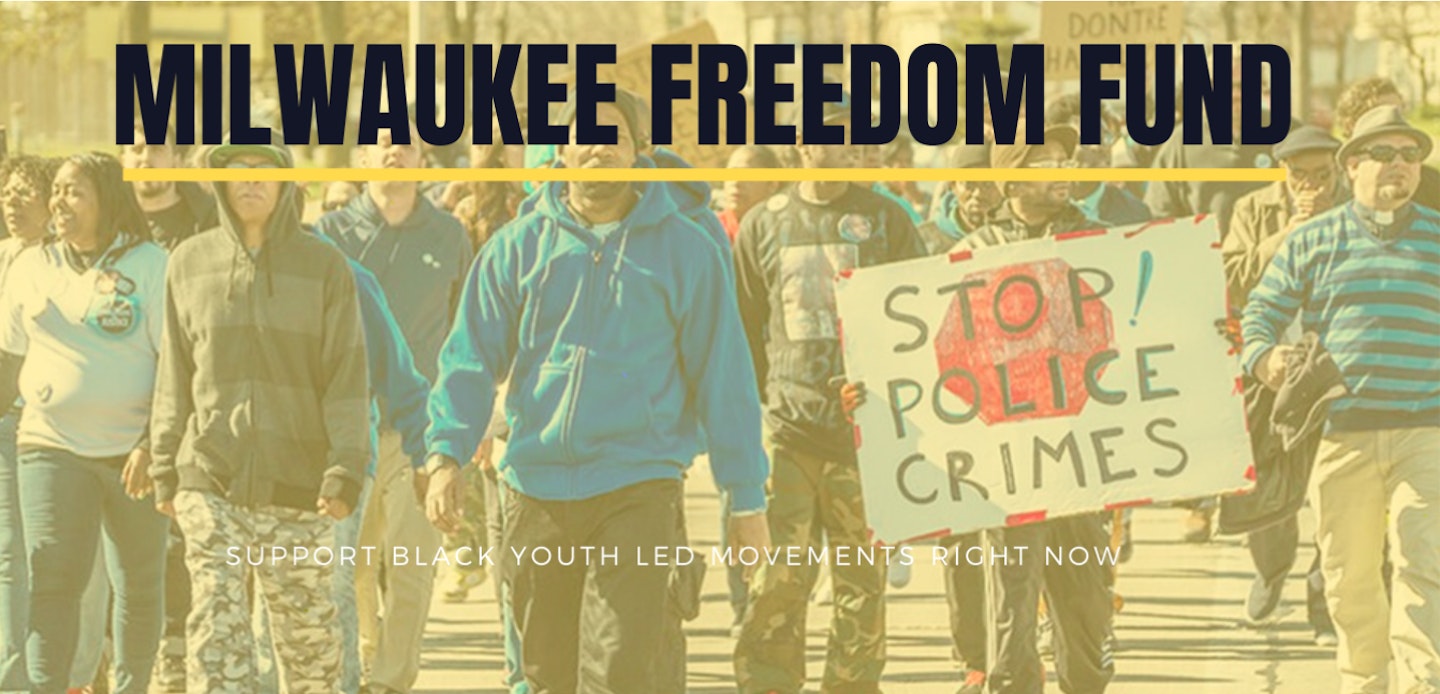 4 of 23
4 of 23Milwaukee Freedom Fund
MFF was started by Black and Brown Milwaukee organizers to support residents' right to protest for justice. Donations help support their work helping protesters and community mutual aid and start a locally controlled and operated Milwaukee Bail Out Fund that is part of the National Bail Out Network. Through this work they will build on ongoing bail abolition efforts, support immigration efforts, work towards Black and Brown Liberation and support Black and Brown young people as they build a new world.
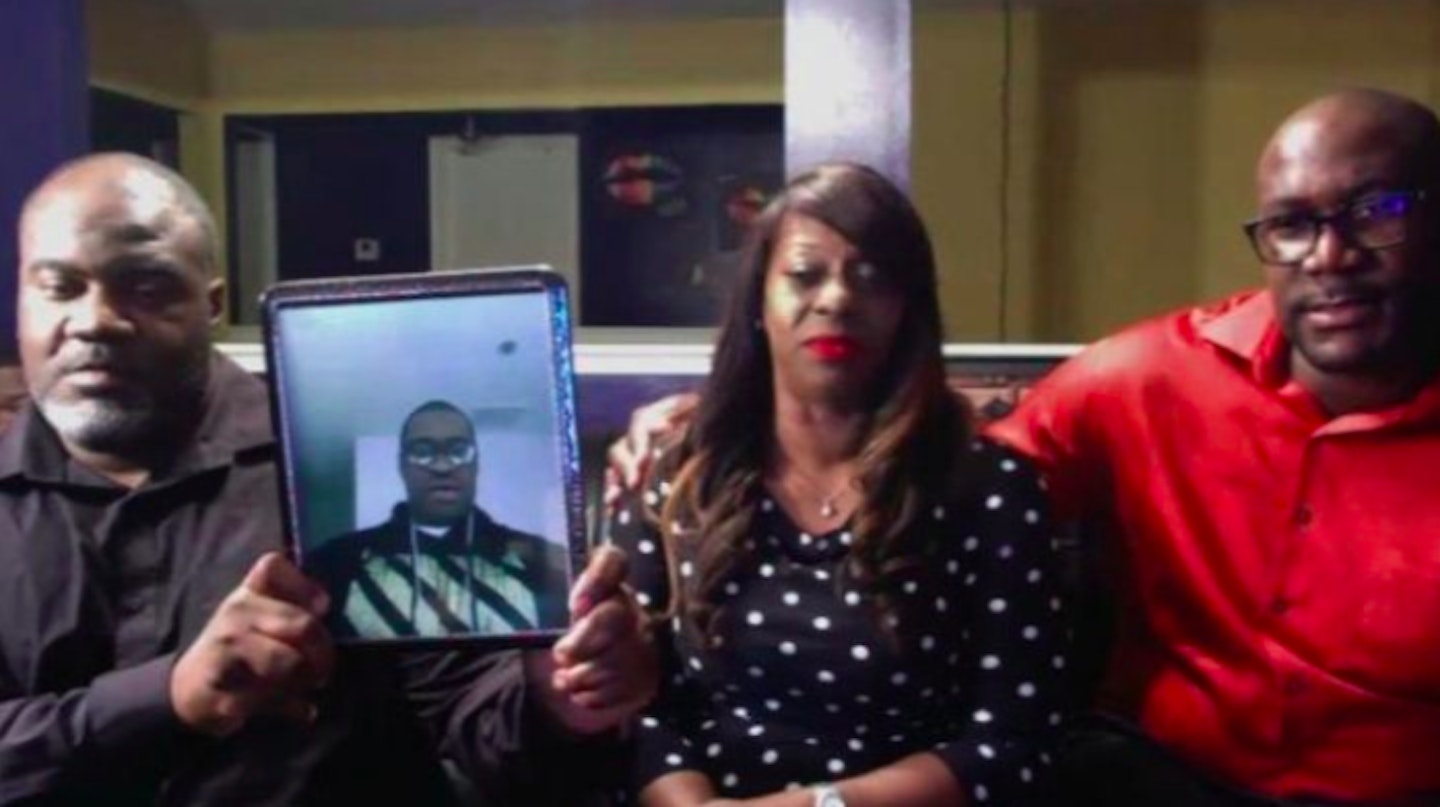 5 of 23
5 of 23George Floyd Memorial Fund
This fund covers his funeral and burial expenses, mental and grief counseling for the family, lodging and travel for all court proceedings and to assist the family in the days to come as they continue to seek justice for George. A portion of these funds will also go to the Estate of George Floyd for the benefit and care of his children and their educational fund.
 6 of 23
6 of 23Minnesota Freedom Fund
The MFF is working with the US National Lawyers Guild and Legal Rights Center to help bails that are set for protestors.
 7 of 23
7 of 23Prison Reform Trust
Prison Reform Trust works to make the prison system in the UK just, humane and effective.
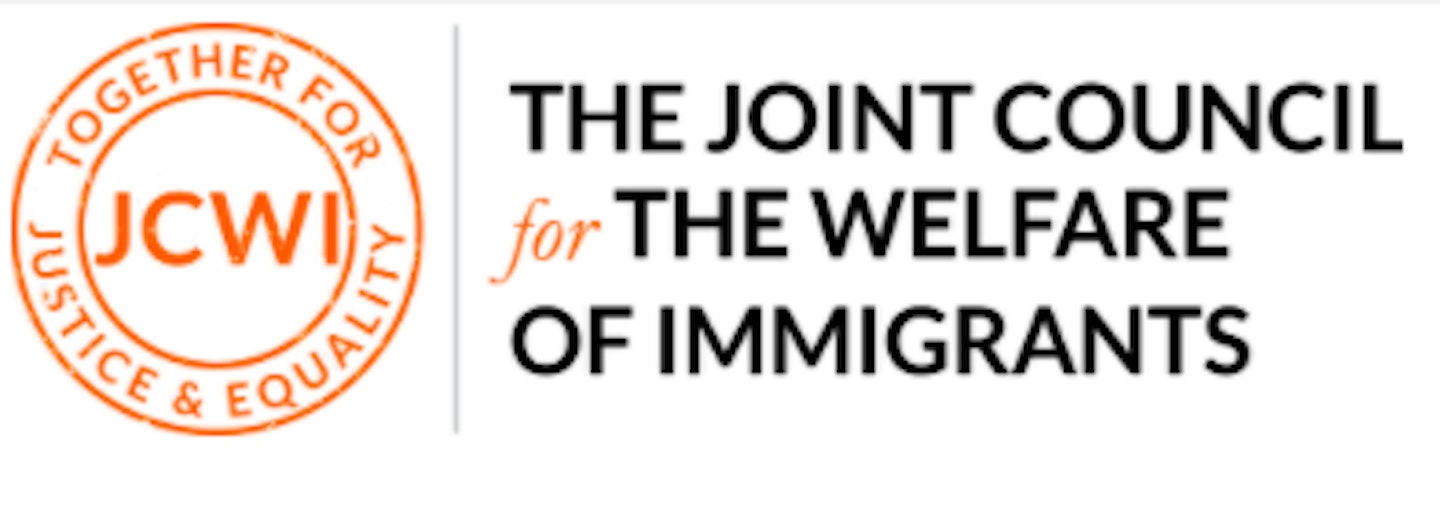 8 of 23
8 of 23Joint Council For The Welfare Of Immigrants
The JCWI aims to create a world in which immigration law and policy are based on sound evidence, promote the rule of law and are underpinned by respect for human rights and human dignity
 9 of 23
9 of 23Access UK
Helps reduce BME youth unemployment, provide employment and training solutions for youth offenders and implement anti-gang initiatives in the community.
 10 of 23
10 of 23Charity So White
Tackles institutional racism in the charity sector.
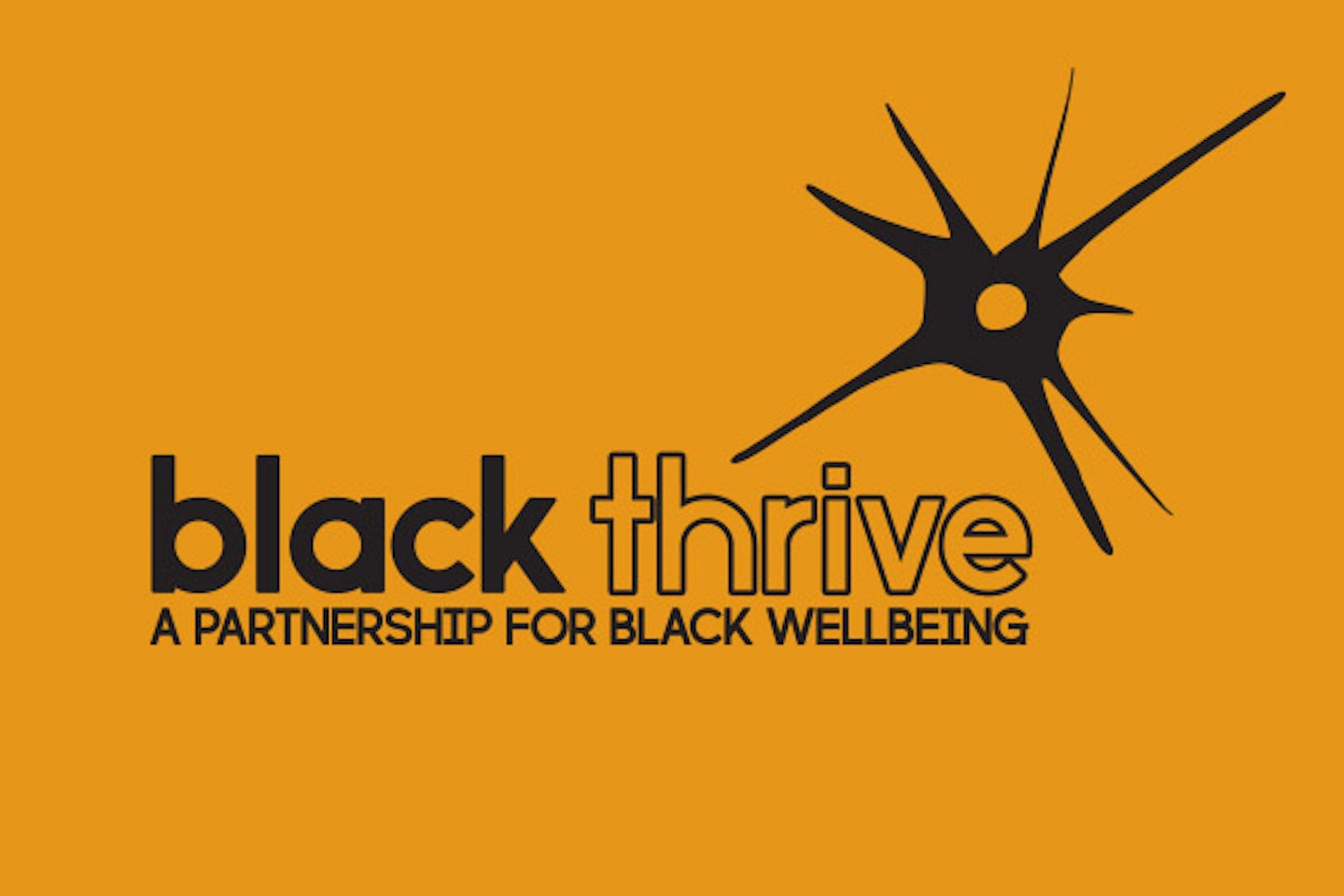 11 of 23
11 of 23Black Thrive
Black Thrive works to reduce the inequality and injustices experienced by Black people in mental health services.
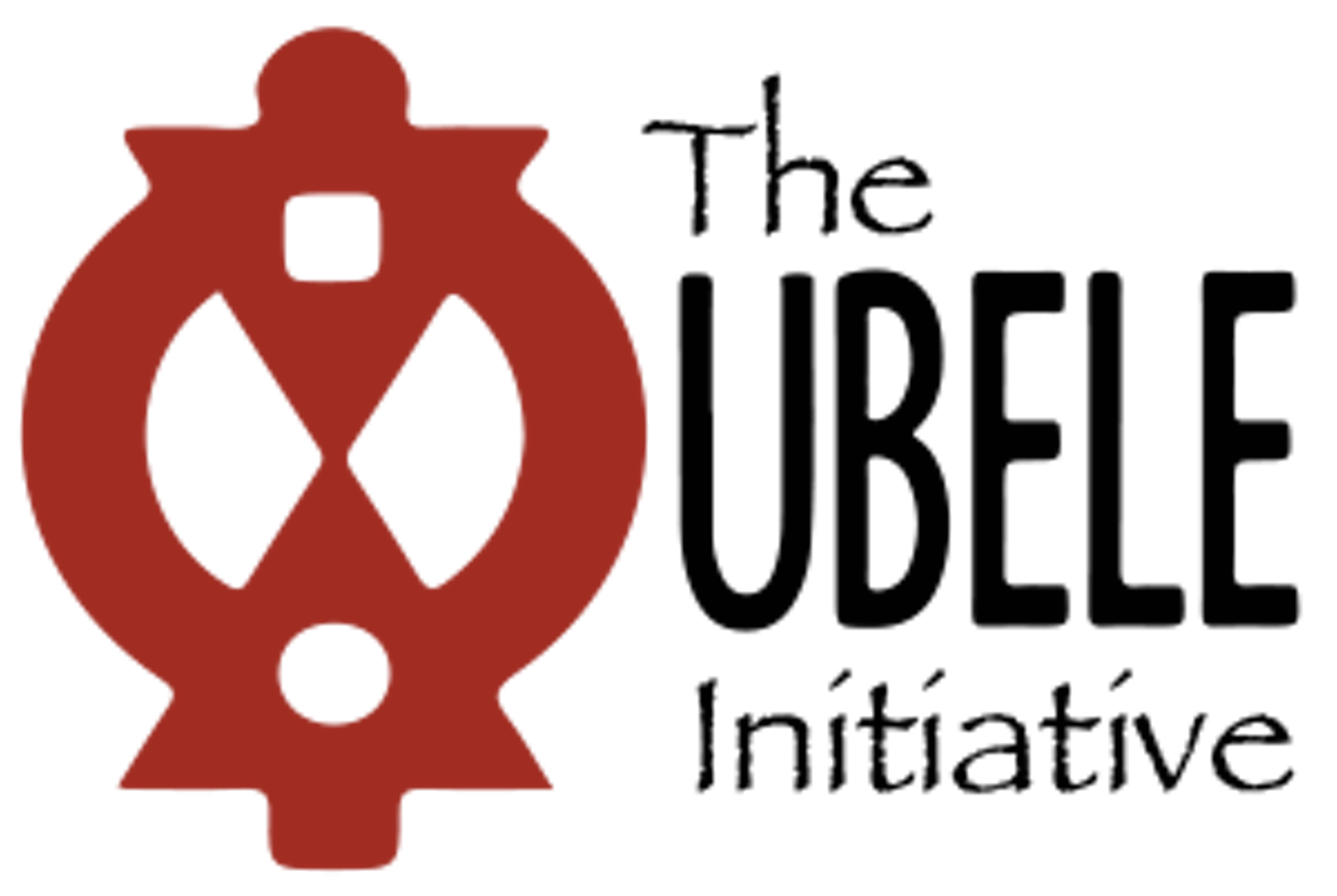 12 of 23
12 of 23The Ubele Initiative
Supports the African diaspora community.
 13 of 23
13 of 23Women In Prison
Supports women affected by the criminal justice system and campaigns to end the harm of prison to women, their families and our communities.
 14 of 23
14 of 23Race On The Agenda (ROTA)
Race On The Agenda (ROTA) is a social policy research organisation focusing on issues that impact BAME communities.
 15 of 23
15 of 23Show Racism The Red Card
Provides educational workshops, training sessions, multimedia packages, and a whole host of other resources, all with the purpose of tackling racism in society.
 16 of 23
16 of 23The Equality Trust
Works to improve the quality of life in the UK by reducing economic and social inequality.
 17 of 23
17 of 23Stop Hate UK
A service for victims of racial harassment aiming to end hate crimes in the UK.
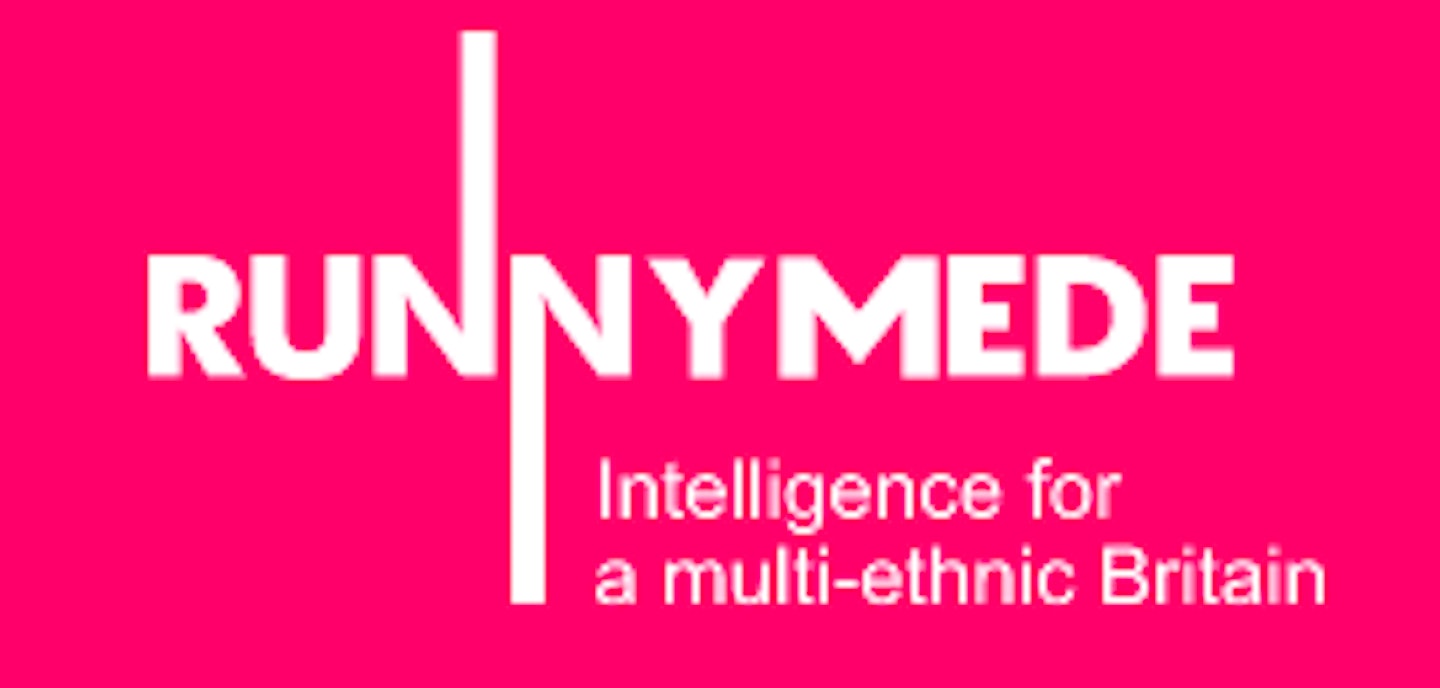 18 of 23
18 of 23Runnymede
Generates intelligence to challenge race inequality in Britain through research, network building, leading debate, and policy engagement.
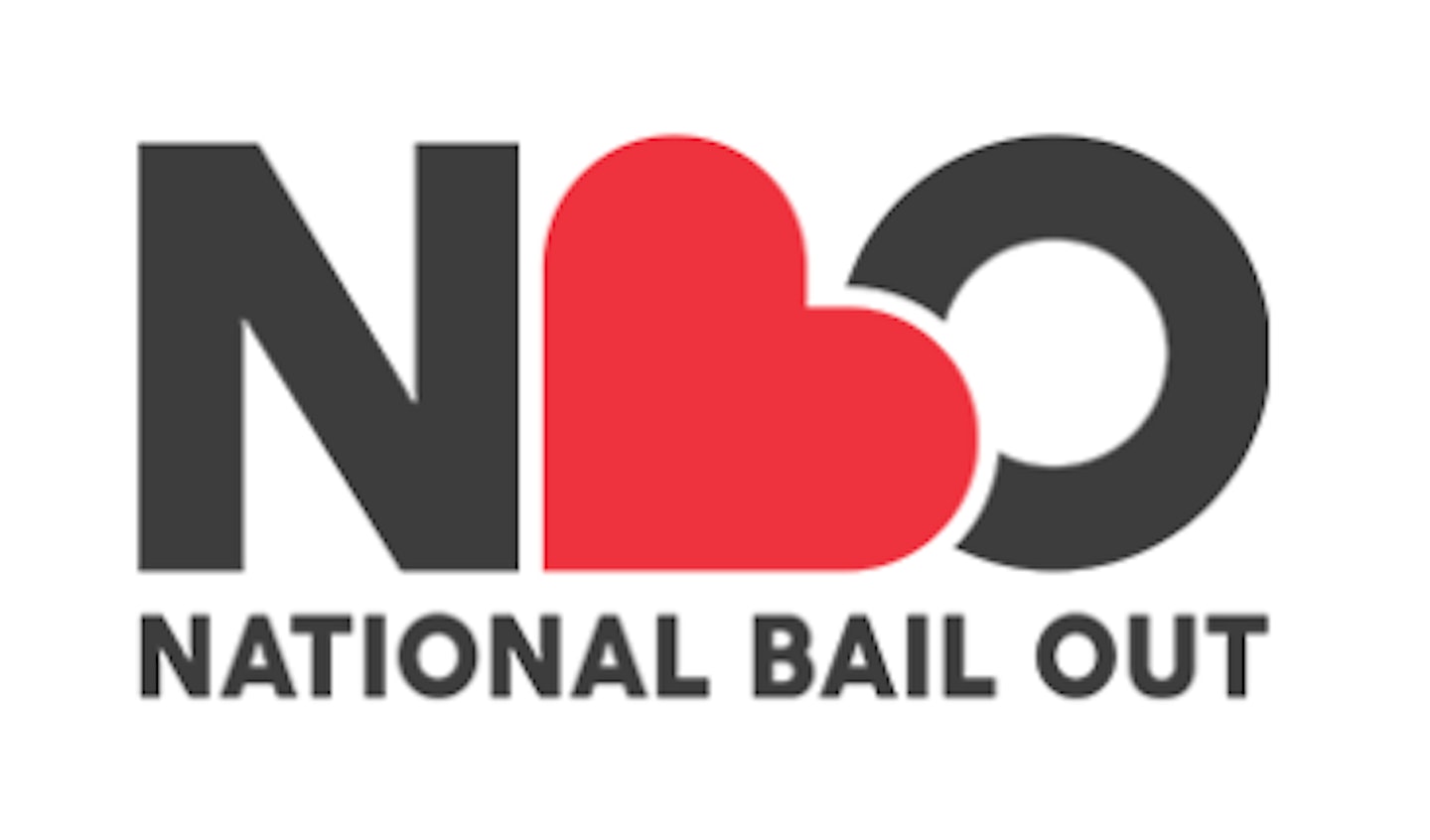 19 of 23
19 of 23National Bail Out
This US charity is a Black-led and Black-centered collective of abolitionist organizers, lawyers and activists building a community-based movement to support our folks and end systems of pretrial detention and ultimately mass incarceration.
 20 of 23
20 of 23Black Lives Matter
This US organisation (for which there is a UK movement here) fights to end state-sanctioned violence, liberate Black people, and end white supremacy forever.
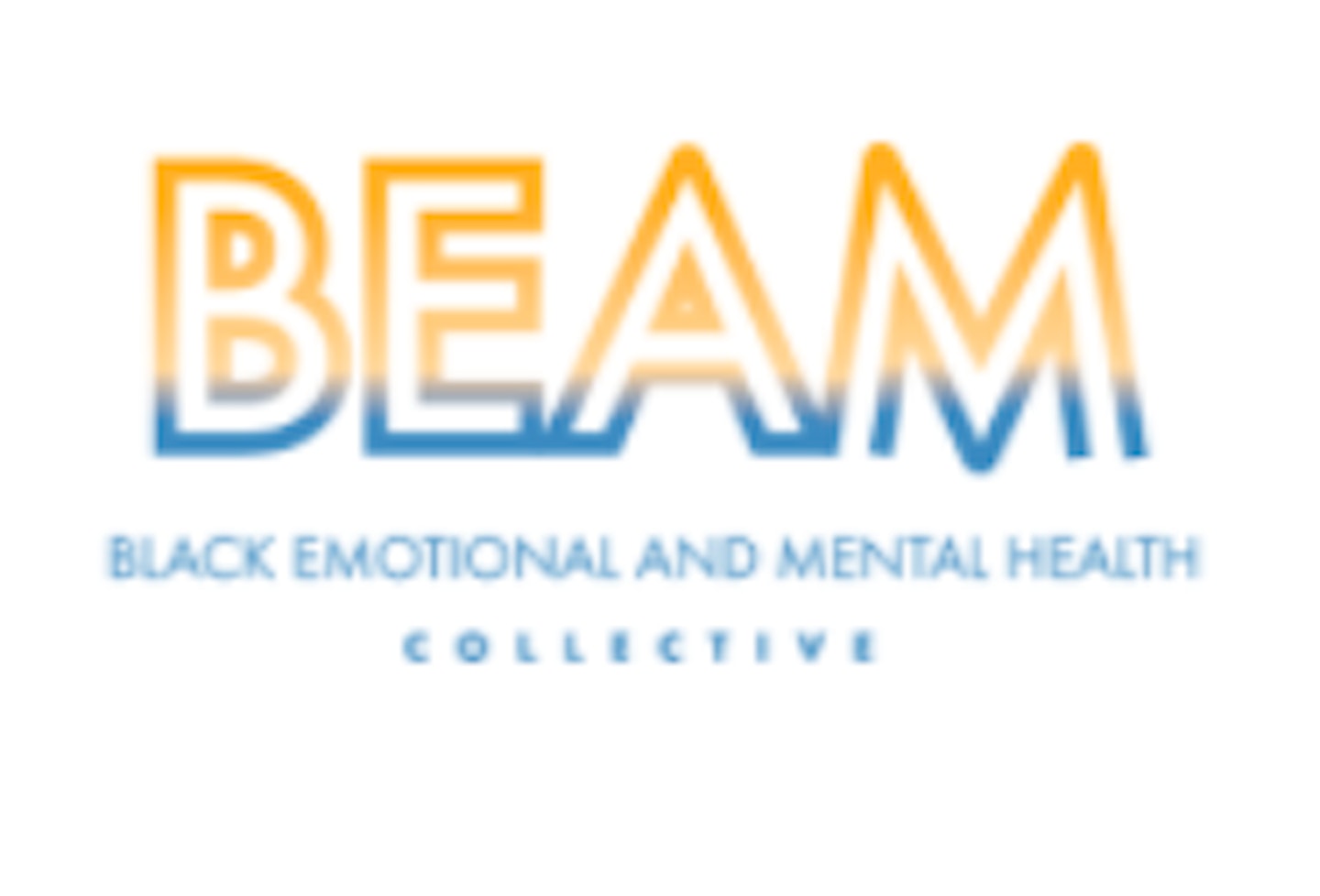 21 of 23
21 of 23BEAM
BEAM is a US training, movement building and grant making organization dedicated to the healing, wellness and liberation of Black and marginalized communities.
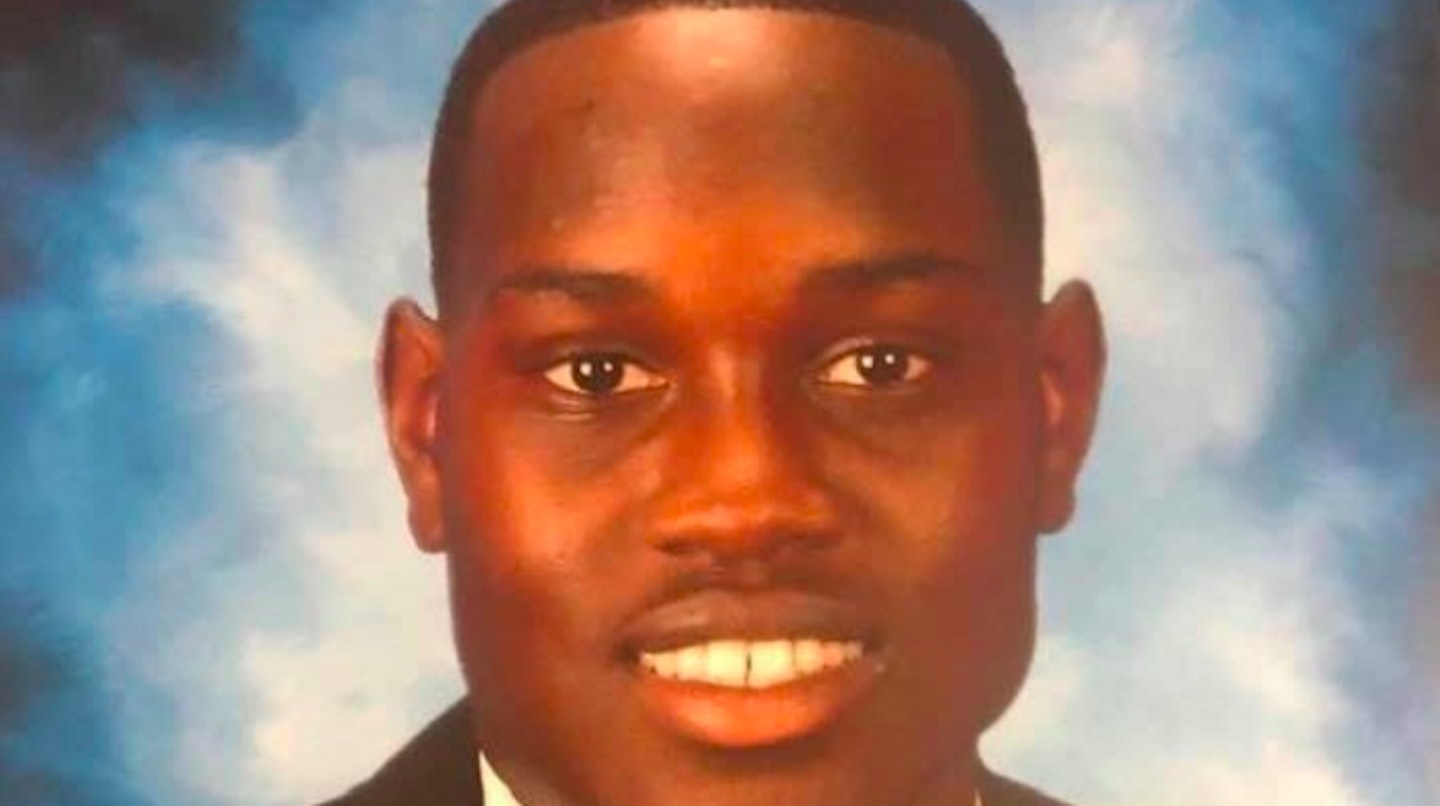 22 of 23
22 of 23Ahmaud Arbery Memorial Fund
Ahmaud Arbery was chased and gunned down by Travis McMichael, son of retired Brunswick investigator Greg McMichael, under the father's and son's pretenses of witnessing a burglary in Satilla Shores of Glynn County. There is no evidence of the alleged burglary.
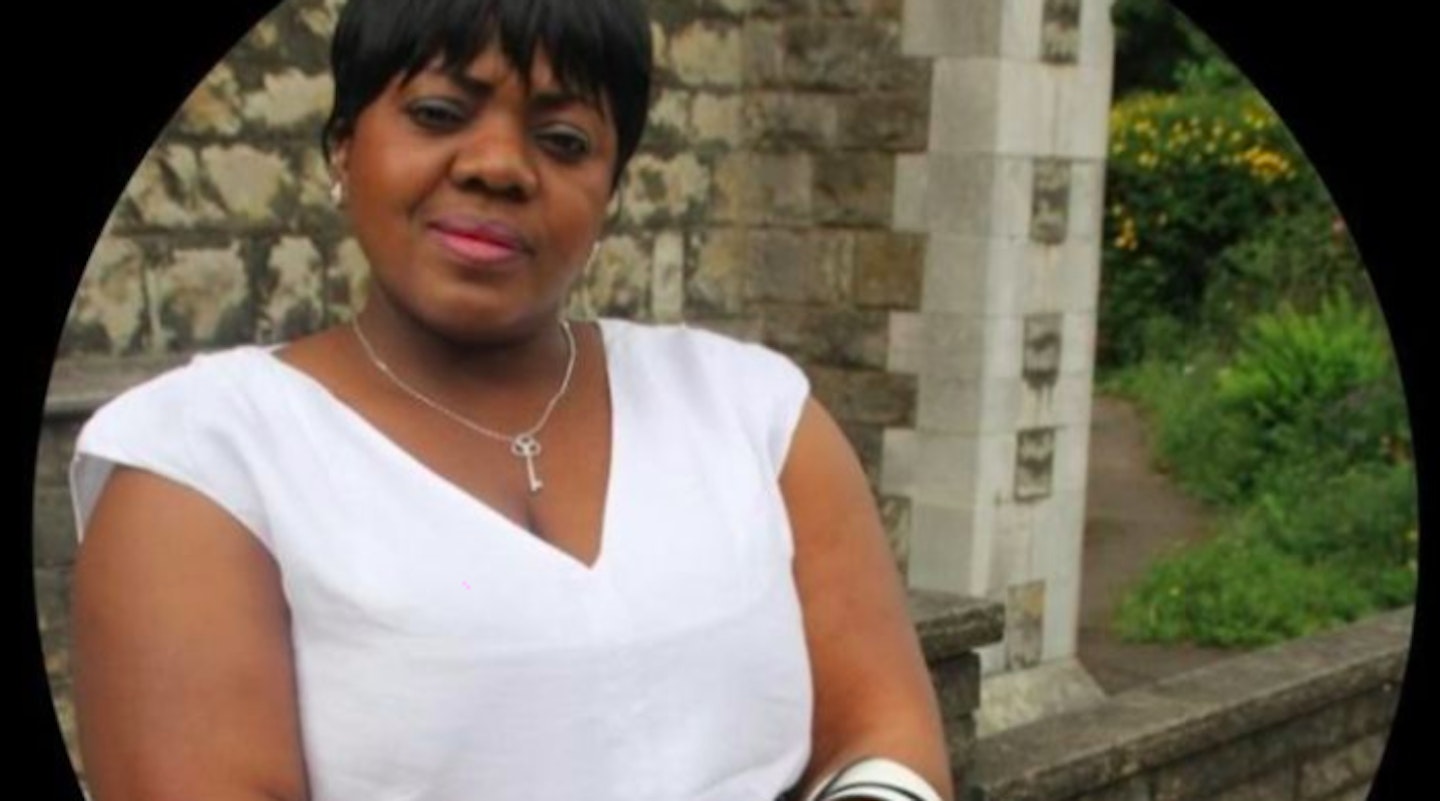 23 of 23
23 of 23Belly Mujinga Memorial Fund
For the memorial of Belly Mujinga, the railway worker who was spat at before she died of Covid-19.
With this fear, though, comes the rather dangerous assumption by those who don’t experience it, that racism isn’t really a thing anymore. At least, not here in little old Great Britain. The way we’re taught about race relations in school doesn’t reflect where we are now. Not in England. Surely not. No one (at least, not so many people) openly uses the ‘n’ word anymore. Slavery is illegal, people can sit wherever they want on the bus and police brutality is more America’s problem than ours. So that means things are fine, right?
Sadly, no. Not really. They haven’t been fine for as long as many people of colour will remember. However, over the last year we’ve watched as the has UK slowly woken up to the fact that we have just as much of a race problem as the one so prominently associated with the United States’ past and present. It may manifest in different forms, and it may be addressed in a very different way, but societies both sides of the pond still have an inherent, systemic, really fucking big issue on their hands.
Don’t get me wrong, the acknowledgement (albeit overdue) of the fact is very welcome. It’s crucial, in fact. However, I can’t help but feel that Britain’s sudden recognition of how deeply racial prejudice is engrained in our political system, employment prospects, social mobility, criminal justice and the education system, for example, is a bitter win for those of us who have lived the consequences of an otherwise disregarded and dismissed reality. It can’t help but feel a little condescending.
It was reported last month that PWC, the global professional services firm, pays its black, Asian and minority ethnic staff almost 12.8 percent less than its other UK employees, while its bonus gap is at more than a third. The report was published by the company to try and ‘shine the spotlight on ethnicity in the workplace and encourage organisations to take action’, using the same methodology that the government requires for the gender pay gap. But beyond 2017’s turbulent unveiling of how dramatic the gender pay gap really is, I can’t help but wonder why now? To tell us one more thing that we already know?
Earlier this year the Trade Union Congress found that Black and Asian workers are more likely than white workers to be in insecure jobs because of things like racism and bias in the workplace. A study by the Chartered Management Institute and the British Academy of Management found that just six percent of management jobs are held by ethnic minorities. But I’m not convinced that many of us can be all that surprised to hear the results of these new studies that, in actuality, aren’t particularly new or revolutionary.
‘I remember being young and people making jokes about having to change their names so that they could get jobs’, says Lynnette*, a 26-year-old woman of colour working in the media industry. ‘Back then it was funny. But now I’m older I realise how crazy it is that I have to wash away part of my culture and history to accommodate people’, she tells me.
What’s also crazy though, is just how dramatically the perceived experiences of racism differ between two countries that align themselves so closely. For the most part, my personal experiences of racism have always felt extremely localised. It manifested in the knot in my stomach whenever my name was called out at registration in an otherwise completely white classroom. It was the lump in my throat whenever a colleague asked: ‘Where are you from? No, like, where are you really from’. It’s when the ‘n’ word crops up in a song that somehow gives strangers license to sing it at me. It’s the look of unabashed surprise when I explain that I went to private school. It’s the niggling fear in the back of my head whenever my little brother tells me one of his mates got in a fight at a club.
READ MORE: What to watch to educate yourself about racism
What to watch to educate yourself about racism (stacked)
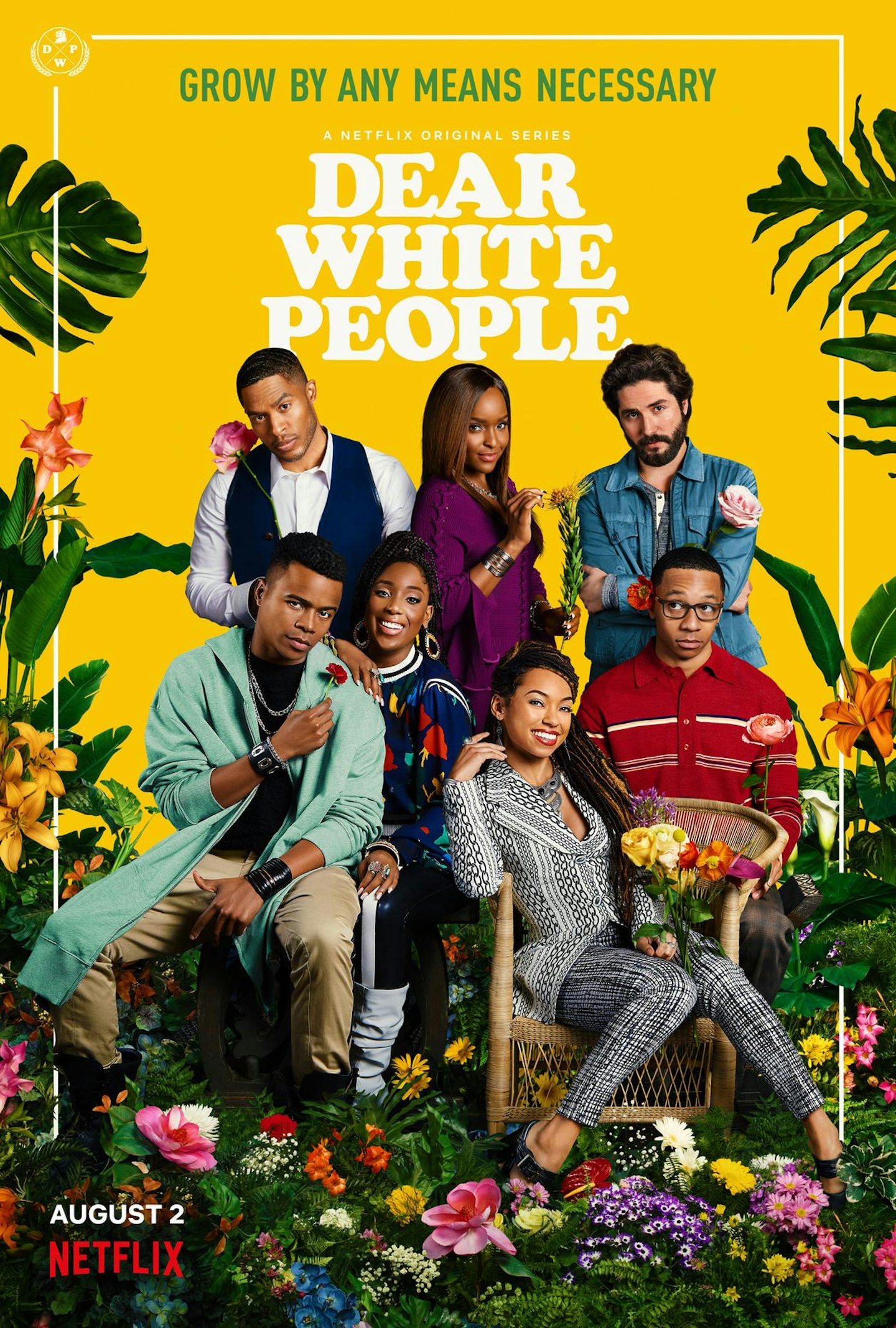 1 of 23
1 of 23Dear White People
A Netflix series following several Black college students at a largely white Ivy League school – based on the film of the same name (which can be rented on Amazon Prime).
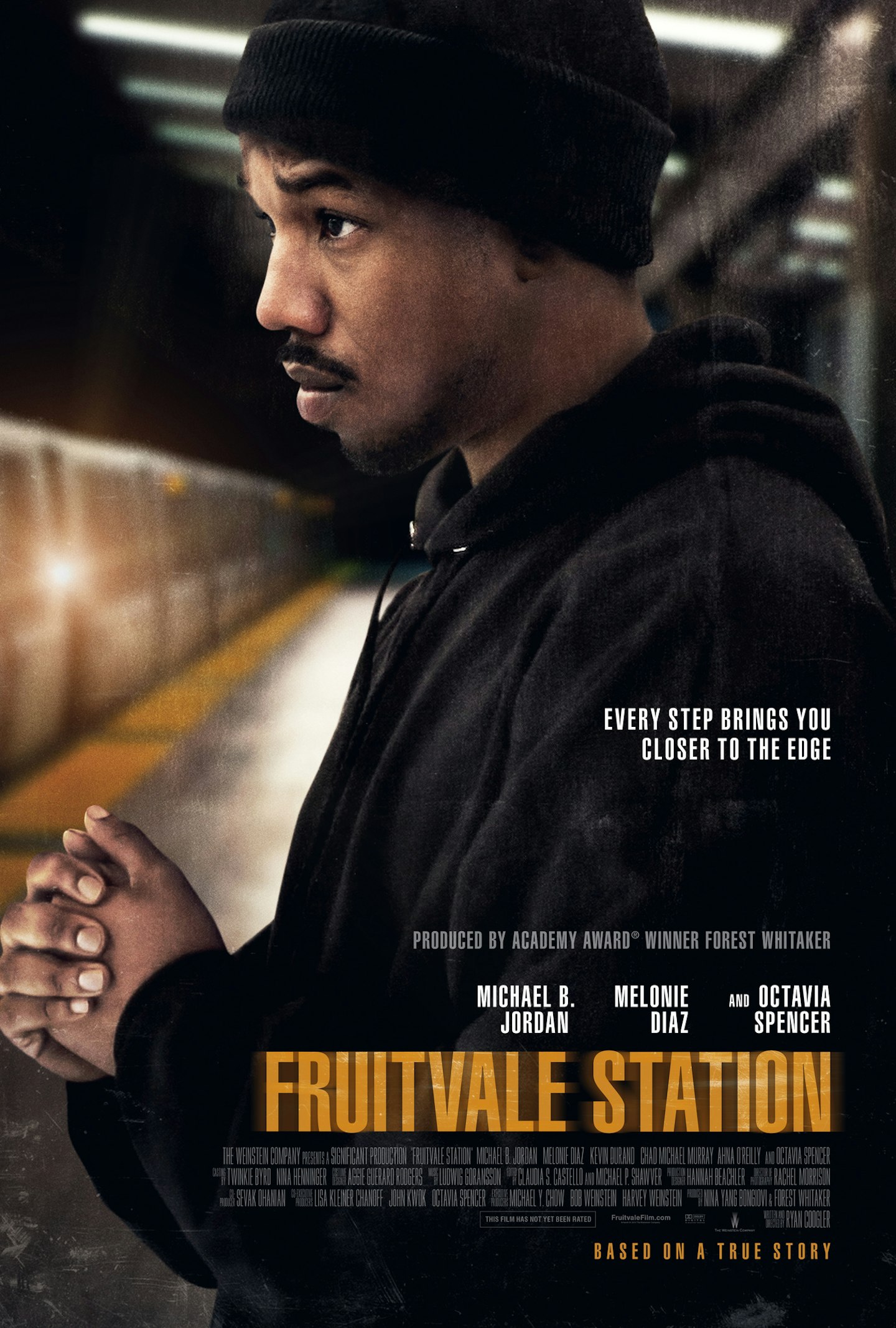 2 of 23
2 of 23Fruitvale Station
Michael B Jordan stars in this biographical film about the events leading to the death of Oscar Grant, who was killed in 2009 by a BART police officer, Johannes Mehserle. Available to watch on Netflix.
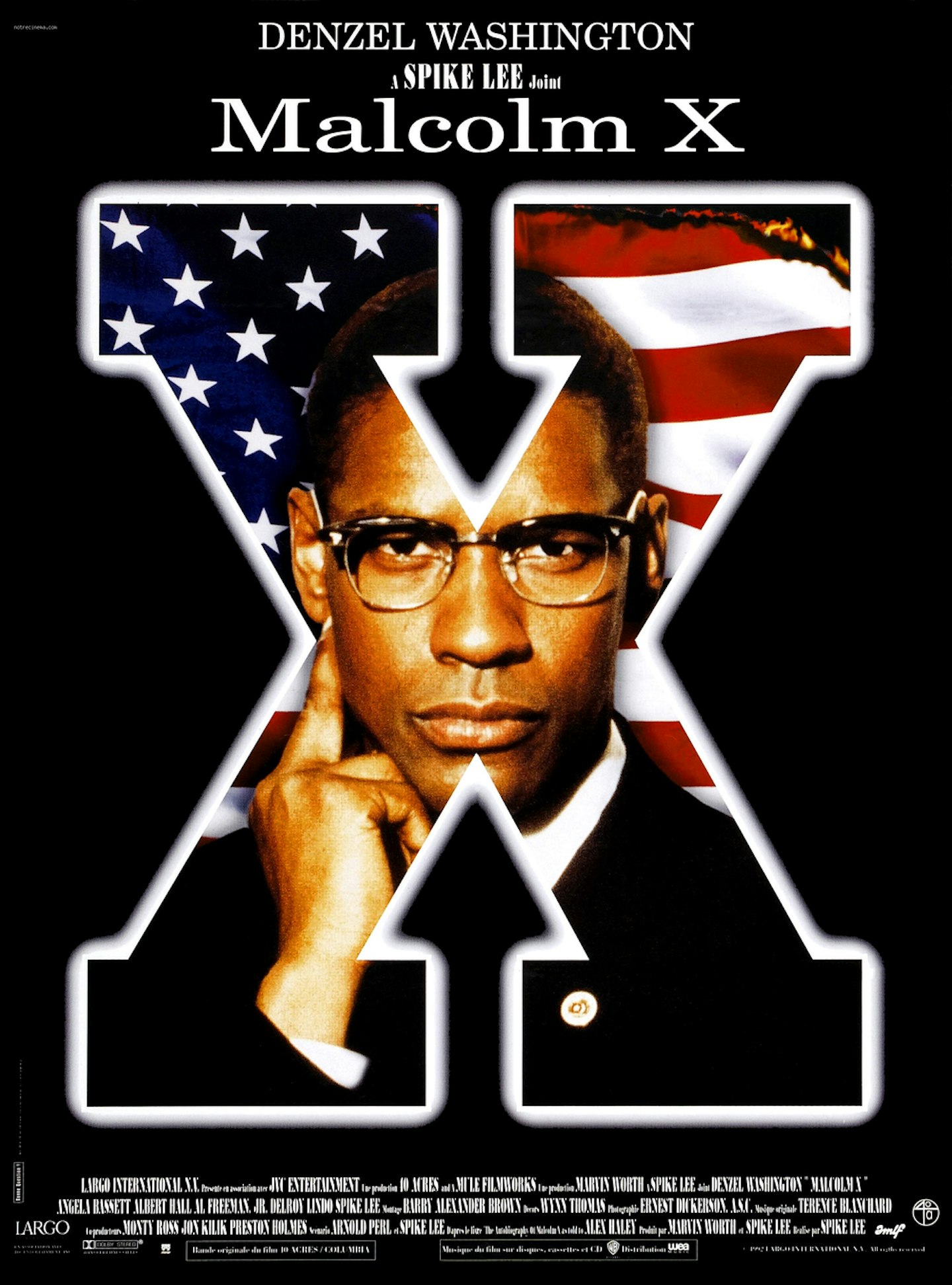 3 of 23
3 of 23Malcolm X
A biographical film of activist Malcolm X, directed and co-written by Spike Lee and starring Denzel Washington. Available to rent on Amazon.
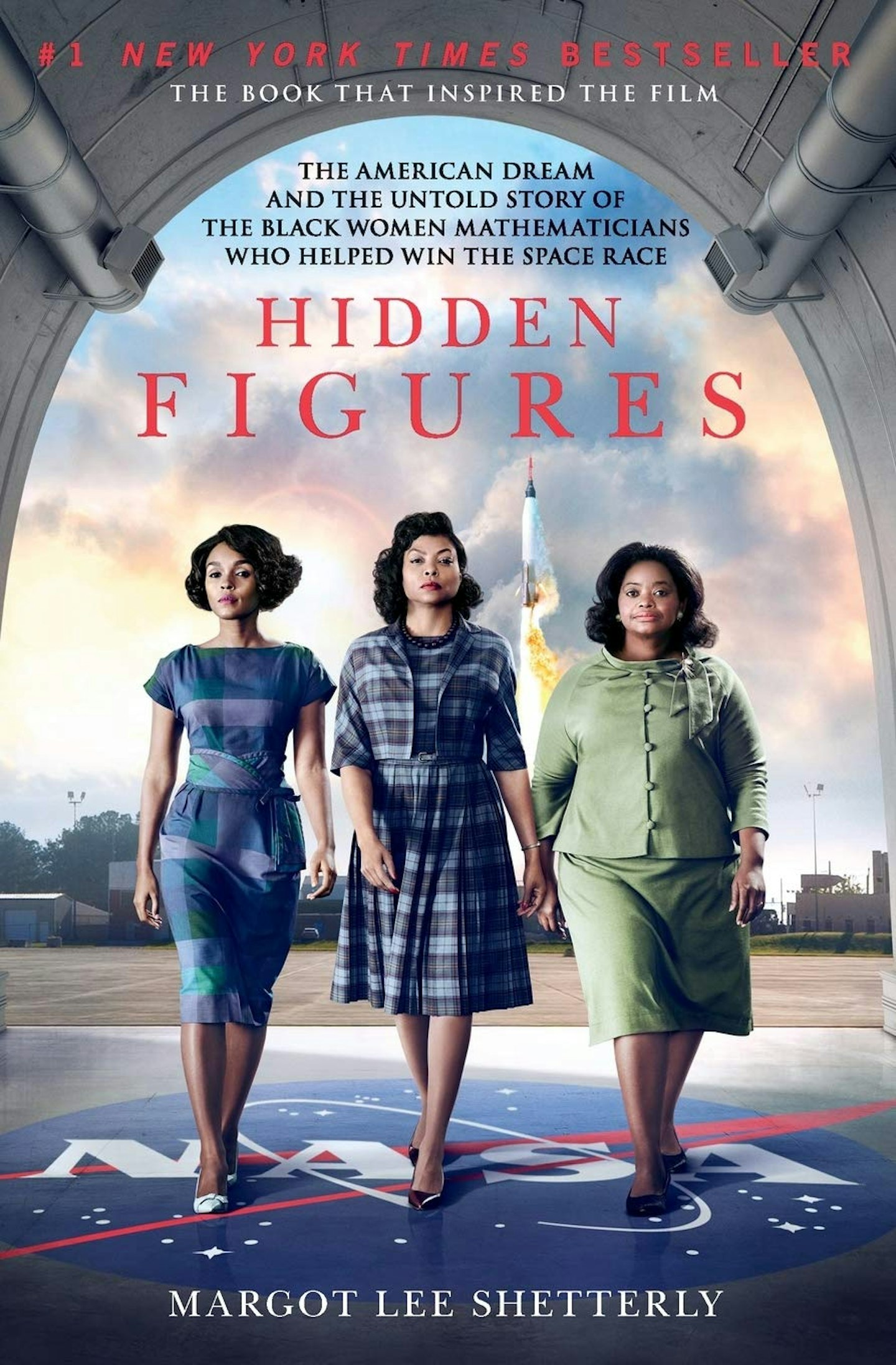 4 of 23
4 of 23Hidden Figures
The true story of three African-American women working at NASA as mathematicians, starring Taraji P. Henson as Katherine Johnson. Available to rent on Amazon Prime.
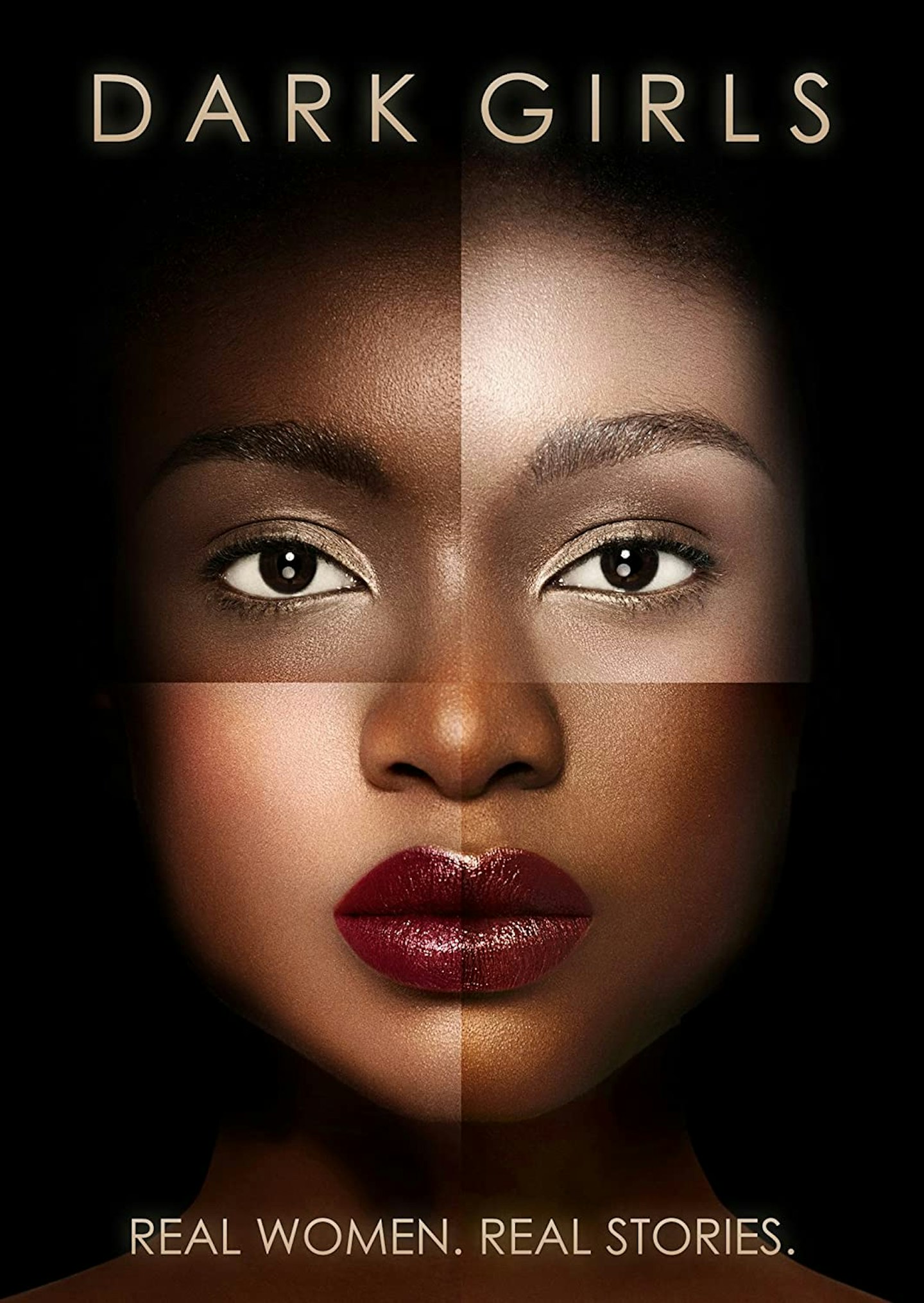 5 of 23
5 of 23Dark Girls
A documentary about the prejudices and cultural bias dark-skinned women face around the world. Available to rent on Amazon.
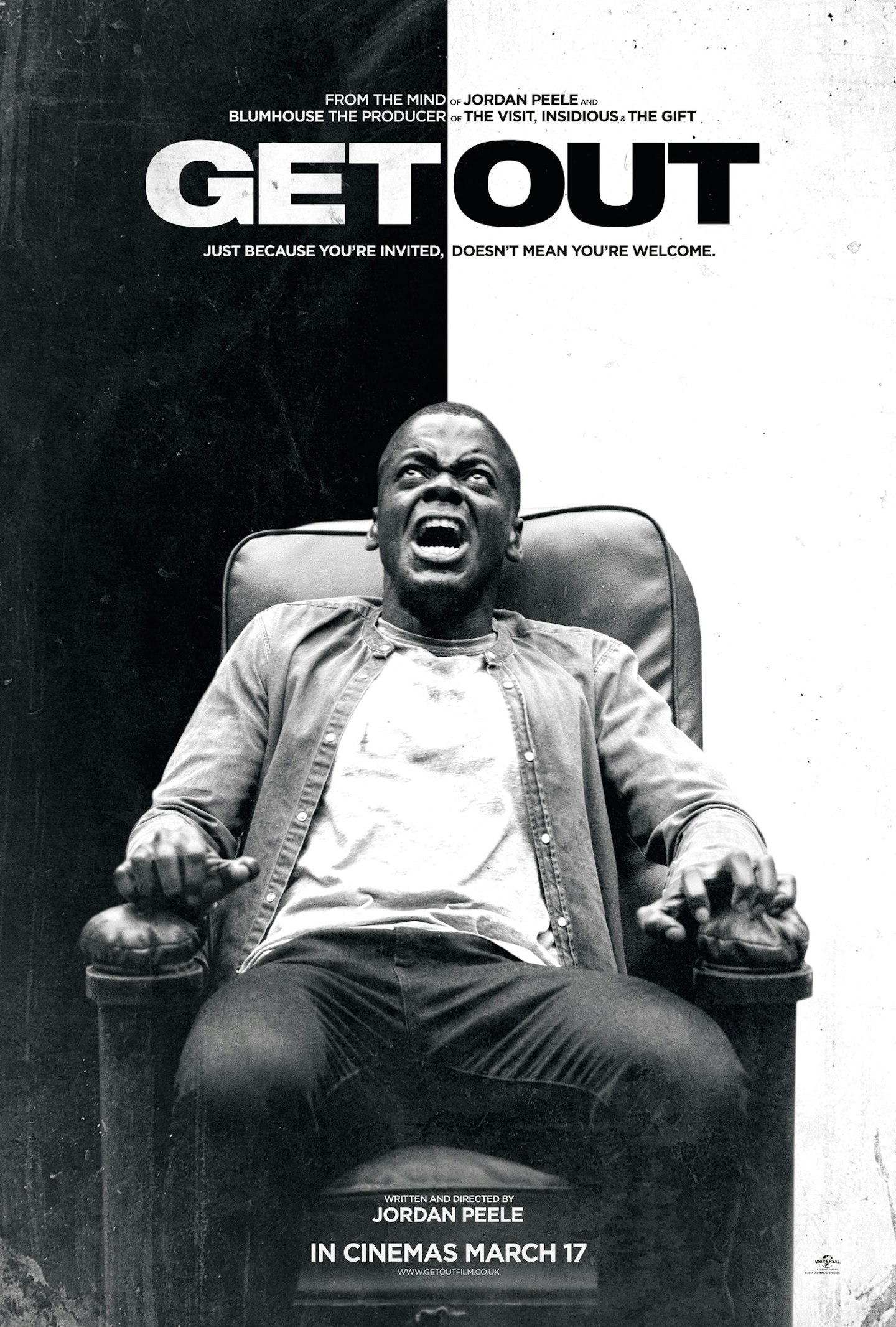 6 of 23
6 of 23Get Out
A horror film written and directed by Jordan Peele starring Daniel Kaluuya as a man who uncovers a disturbing secret when he meets the family of his white girlfriend. Available to rent on Amazon.
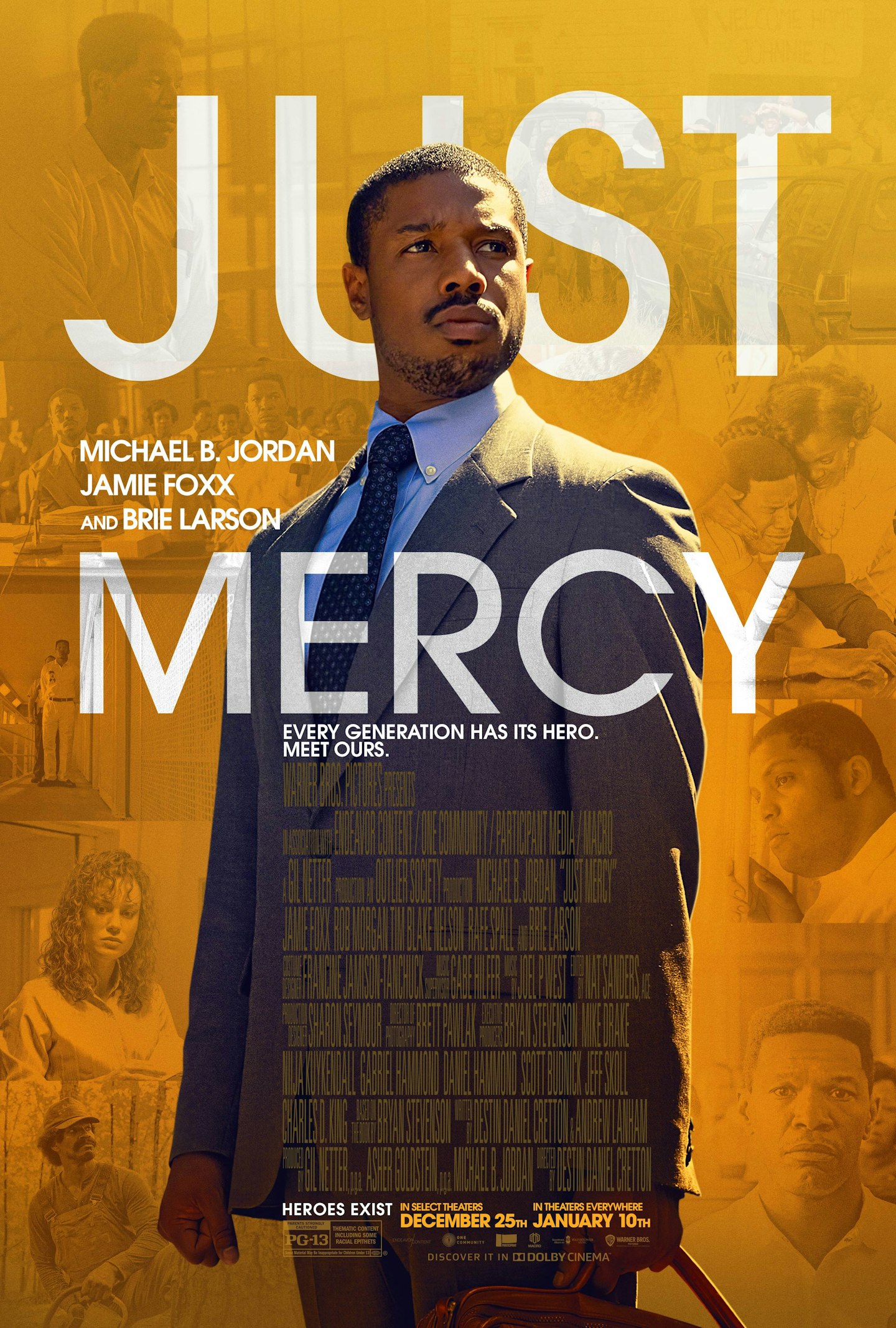 7 of 23
7 of 23Just Mercy
The true story of lawyer, Bryan Stevenson, battling to overturn the wrongful murder conviction of Walter McMillian. Available to rent on Amazon.
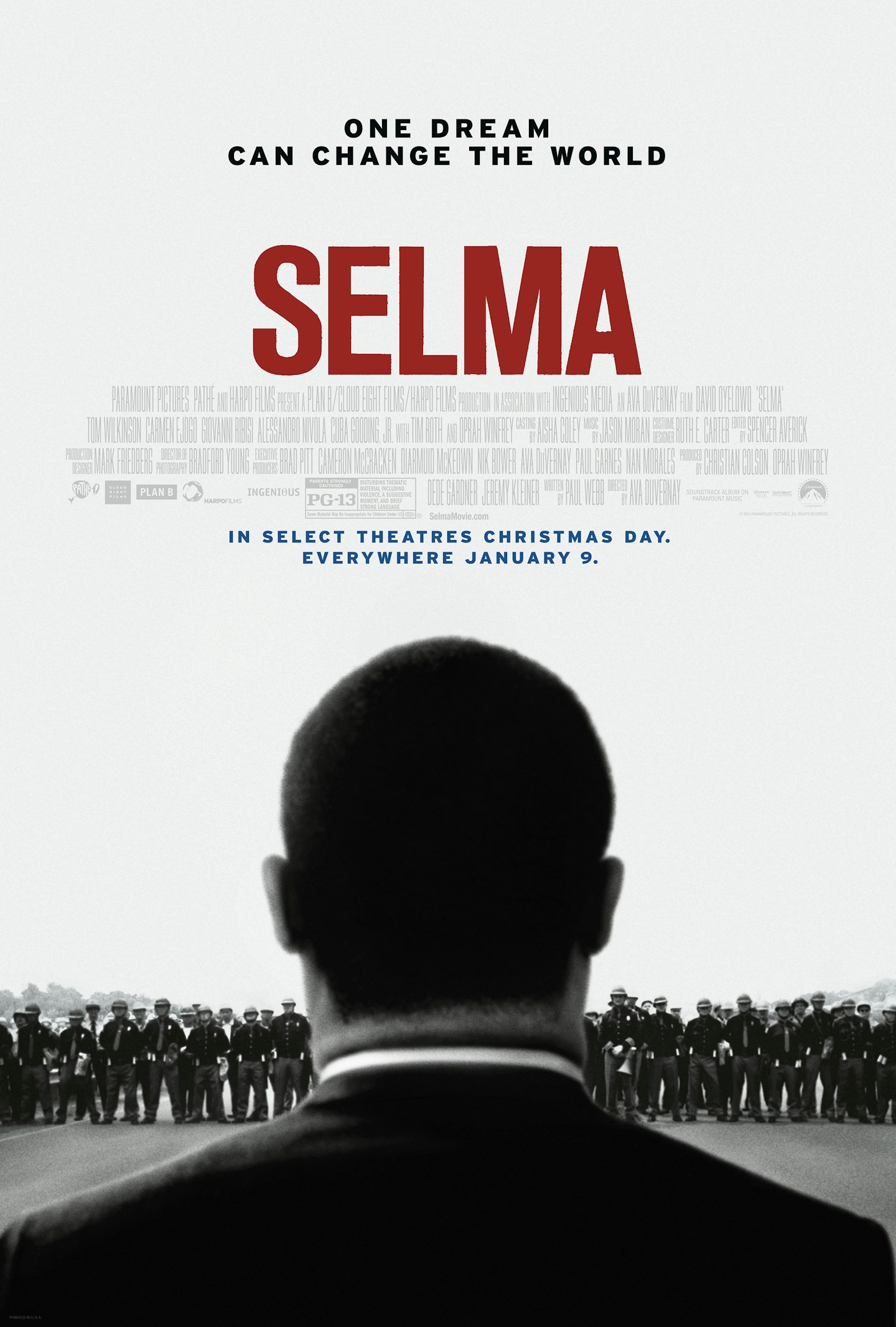 8 of 23
8 of 23Selma
This Ava DuVernay-directed film is based around Dr. Martin Luther King Jr. (David Oyelowo) and his followers' historic march from Selma to Montgomery. Available to rent on Amazon Prime.
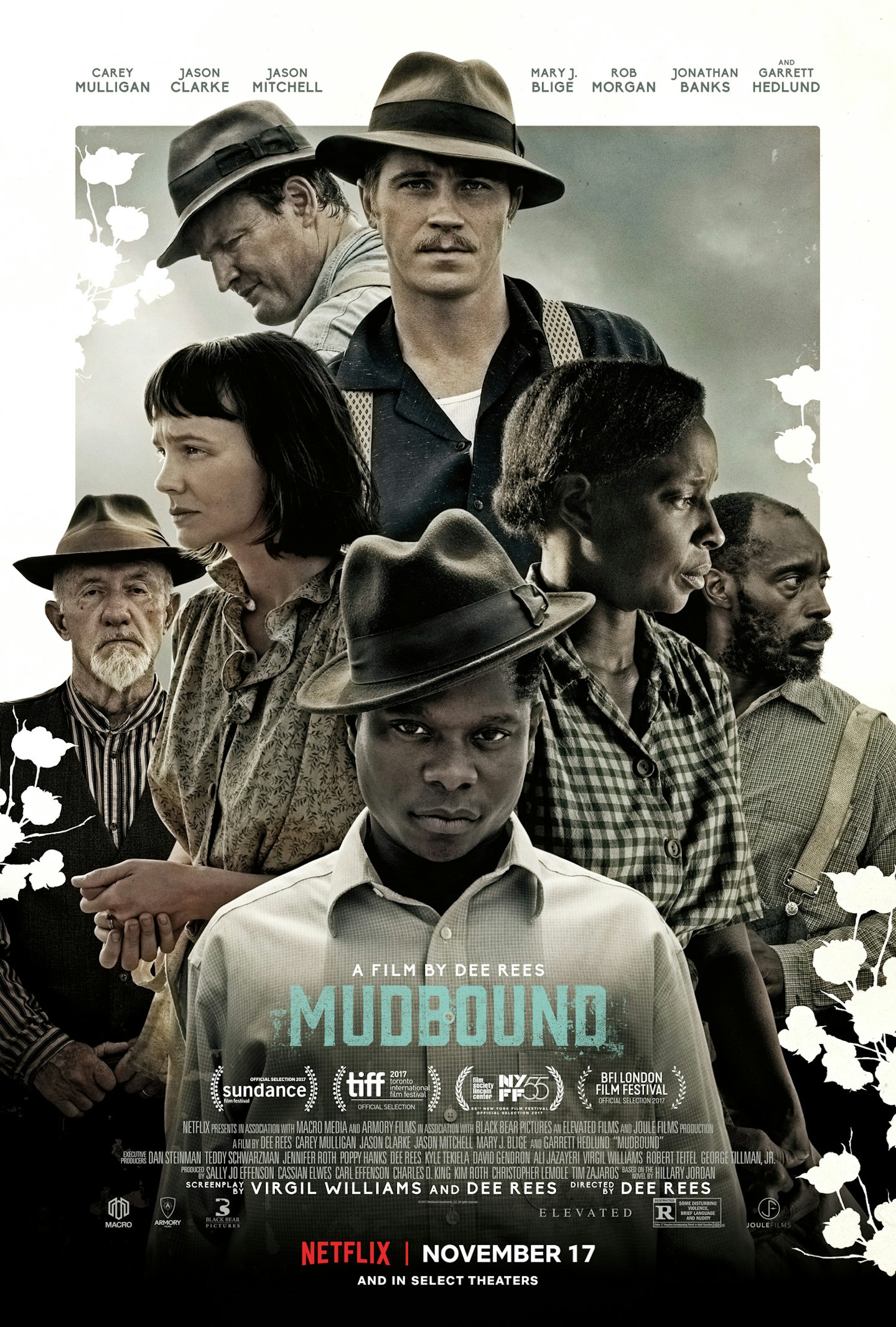 9 of 23
9 of 23Mudbound
Two Mississippi families – one Black, one white – confront the brutal realities of prejudice, farming and friendship in this Netflix series.
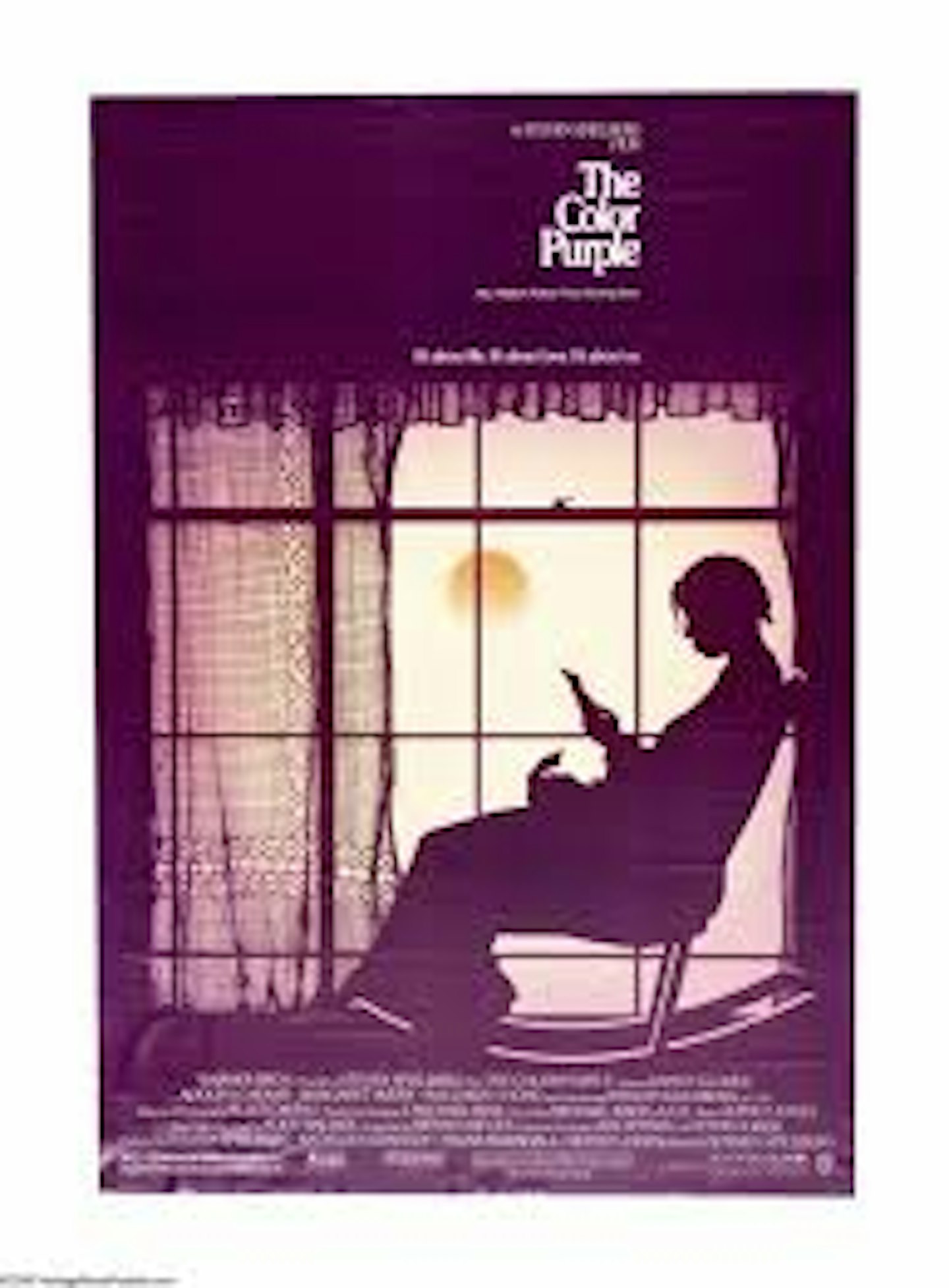 10 of 23
10 of 23The Color Purple
Based on the Pulitzer-winning book by Alice Walker, the film follows Celie, a black woman growing up in the early 1900s. Available to rent on Amazon.
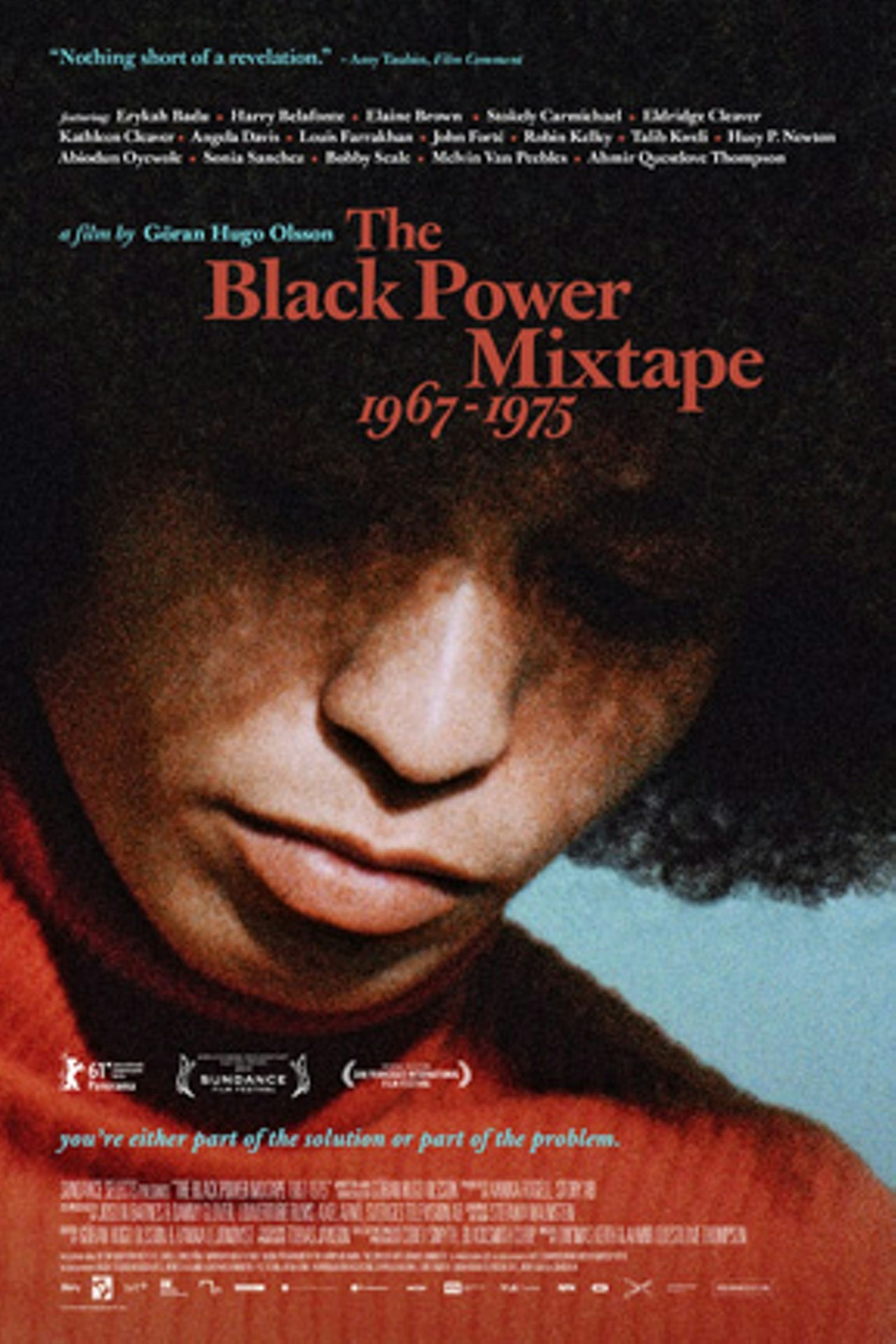 11 of 23
11 of 23The Black Power Mixtape 1967-1975
Many of the interviews that have been shared on social media this week feature in this film – a documentary about the Black Power movement through the eyes of Swedish journalists and filmmakers who'd travelled to report on it. You can buy the film on DVD.
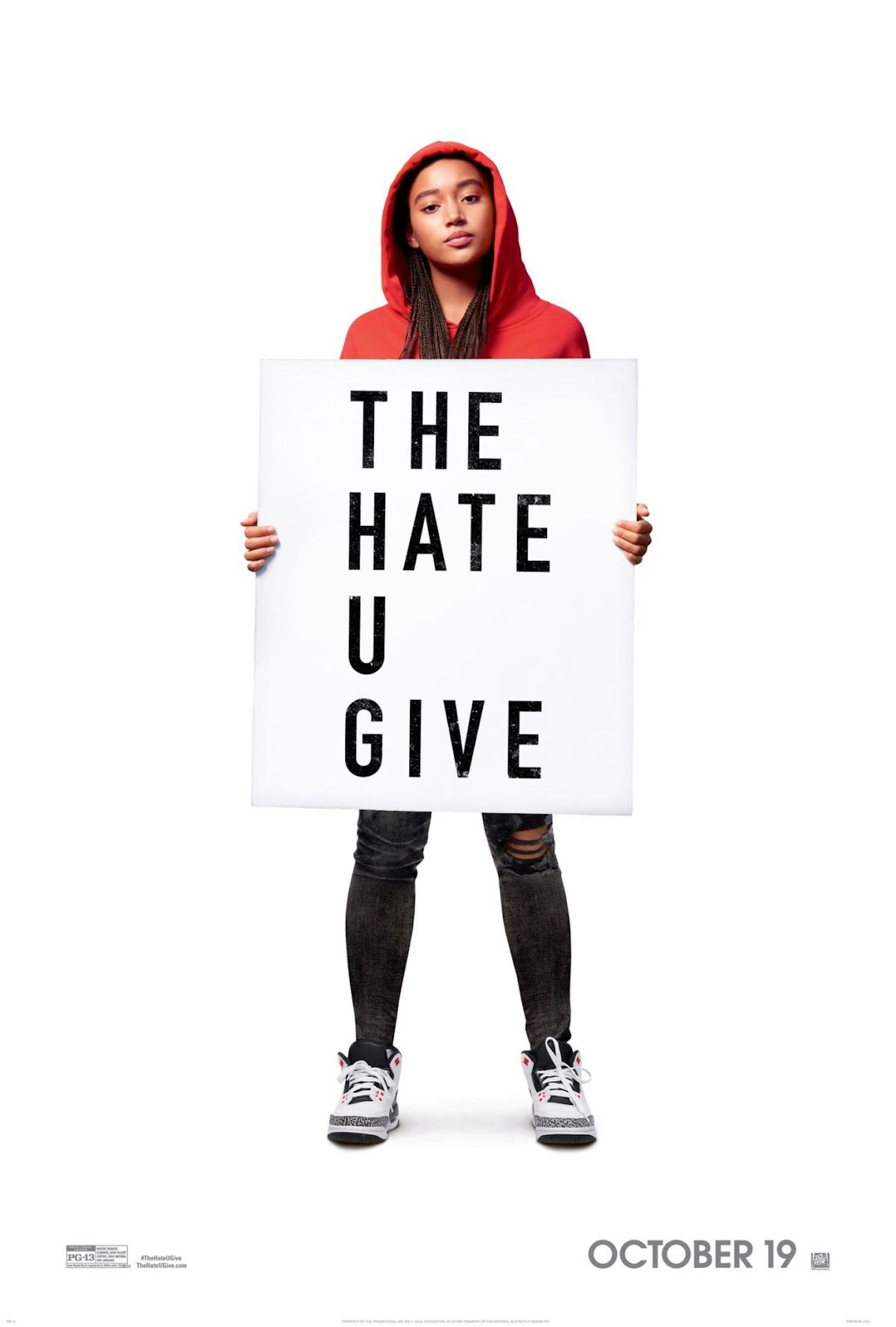 12 of 23
12 of 23The Hate U Give
This movie, based on the book of the same name by Angie Thomas, tells the story of Starr Carter, who witnesses the fatal shooting of her childhood best friend by police. Available to buy on Amazon.
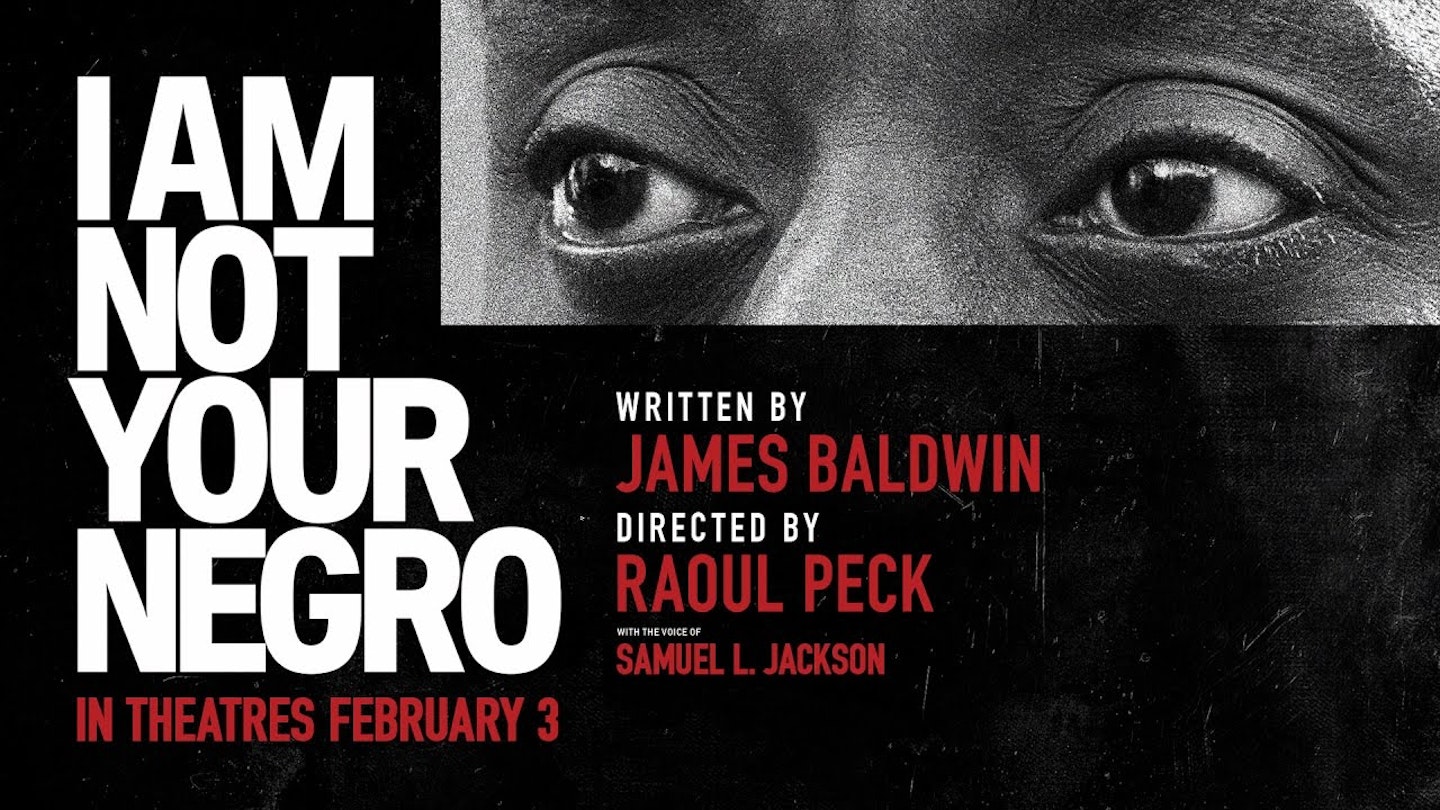 13 of 23
13 of 23I Am Not Your Negro
Told in the words of James Baldwin, through personal appearances and the text of his final unfinished book, I Am Not Your Negro touches on the lives and assassinations of Malcolm X, Martin Luther King Jr and Medgar Evans to discuss how the image and reality of Black people in America today is fabricated and enforced. Available on Amazon.
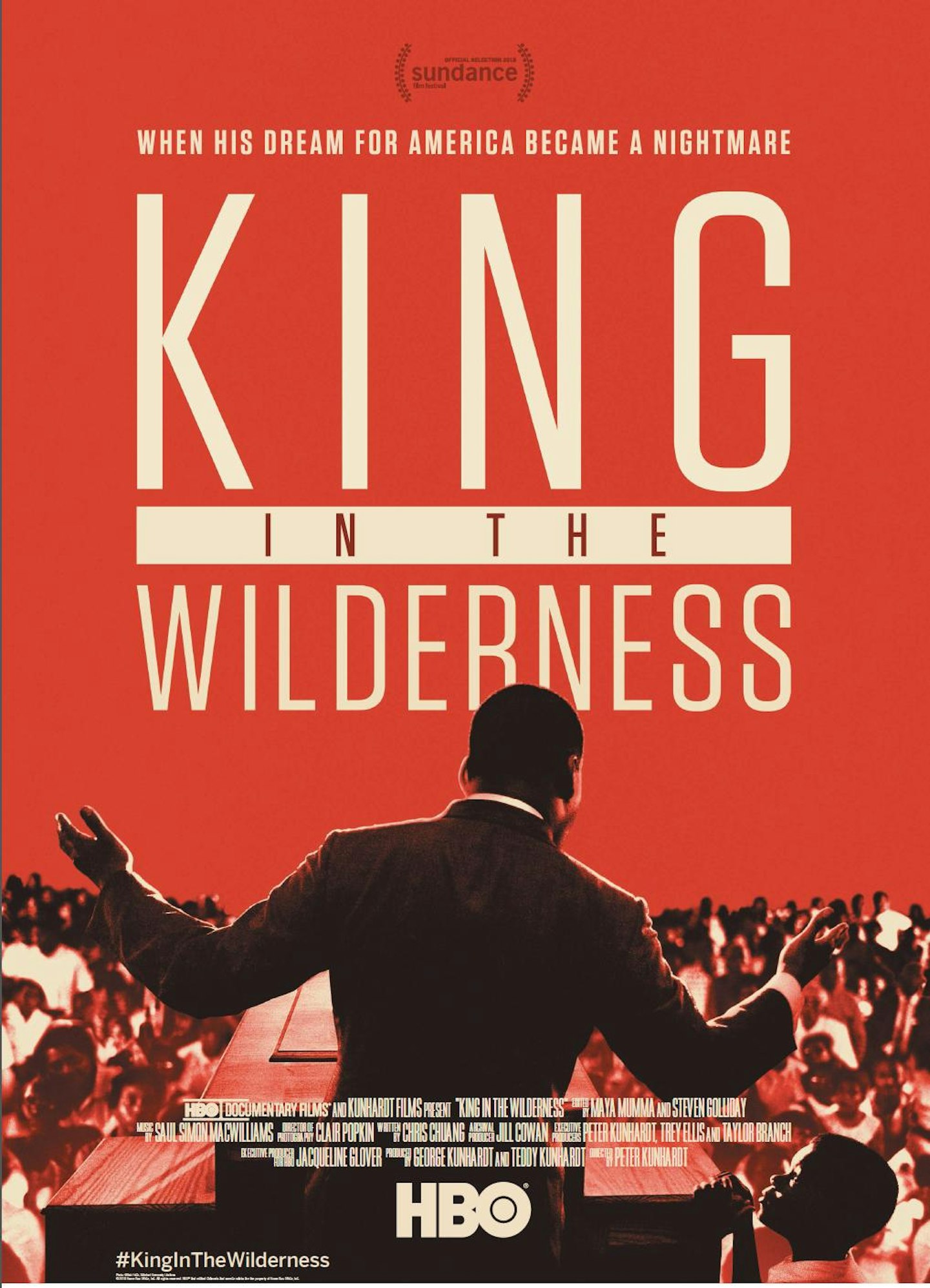 14 of 23
14 of 23King In The Wilderness
An HBO documentary chronicling the final 18 months of Martin Luther King Jr's life. Available to stream on Amazon.
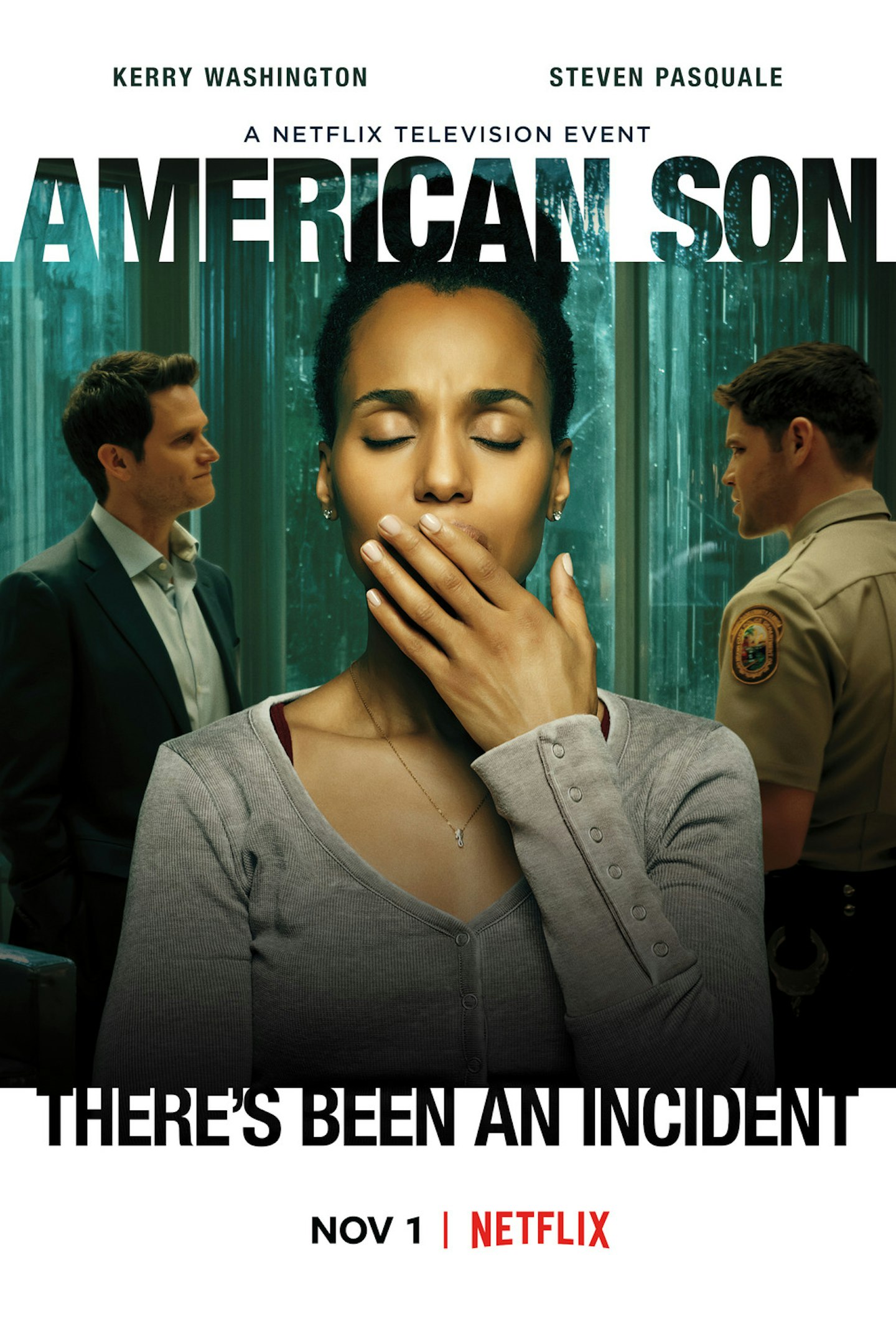 15 of 23
15 of 23American Son
Kerry Washington stars in this film about an estranged interracial couple awaiting news on their missing teenage son in a Florida police station. Available on Netflix.
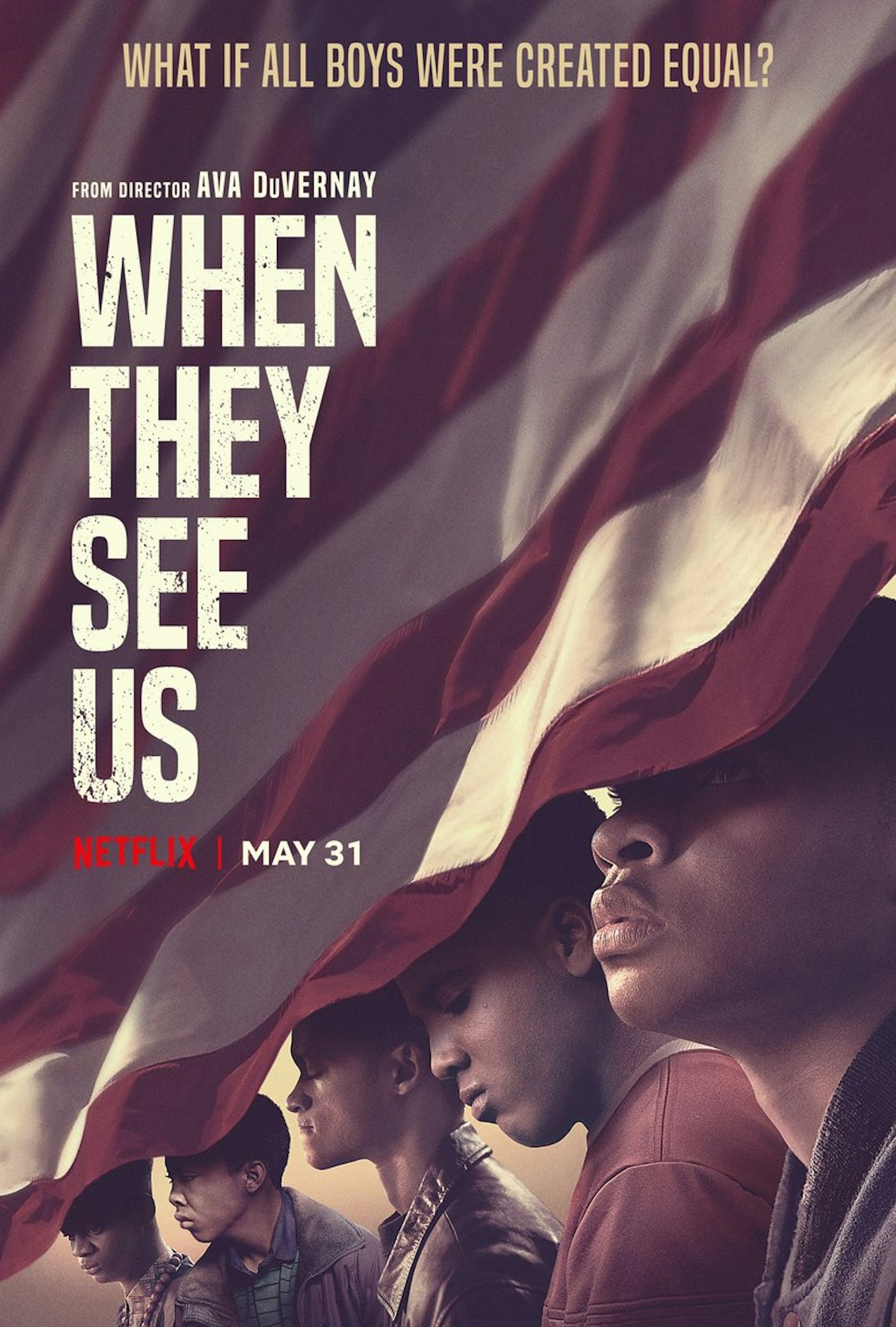 16 of 23
16 of 23When They See Us
A series created, co-written and directed by Ava DuVernay about the events of a 1989 rape case, and the Central Park 5, who were wrongly imprisoned for a violent rape and assault. The series is available on Netflix.
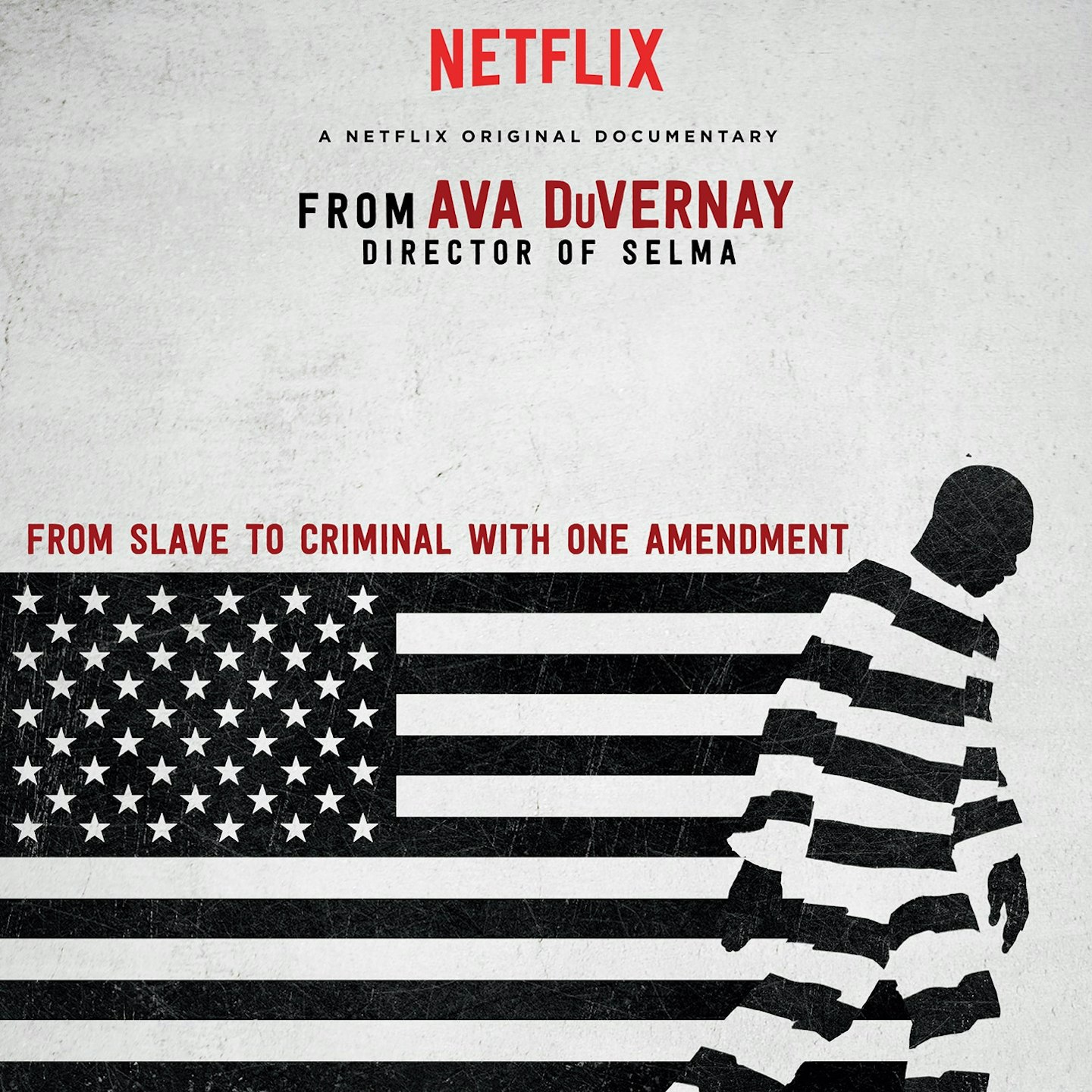 17 of 23
17 of 2313th
This documentary by Ava DuVernay includes scholars, activists and politicians, analysing the criminalisation of African-Americans and the US prison boom. Available on Netflix.
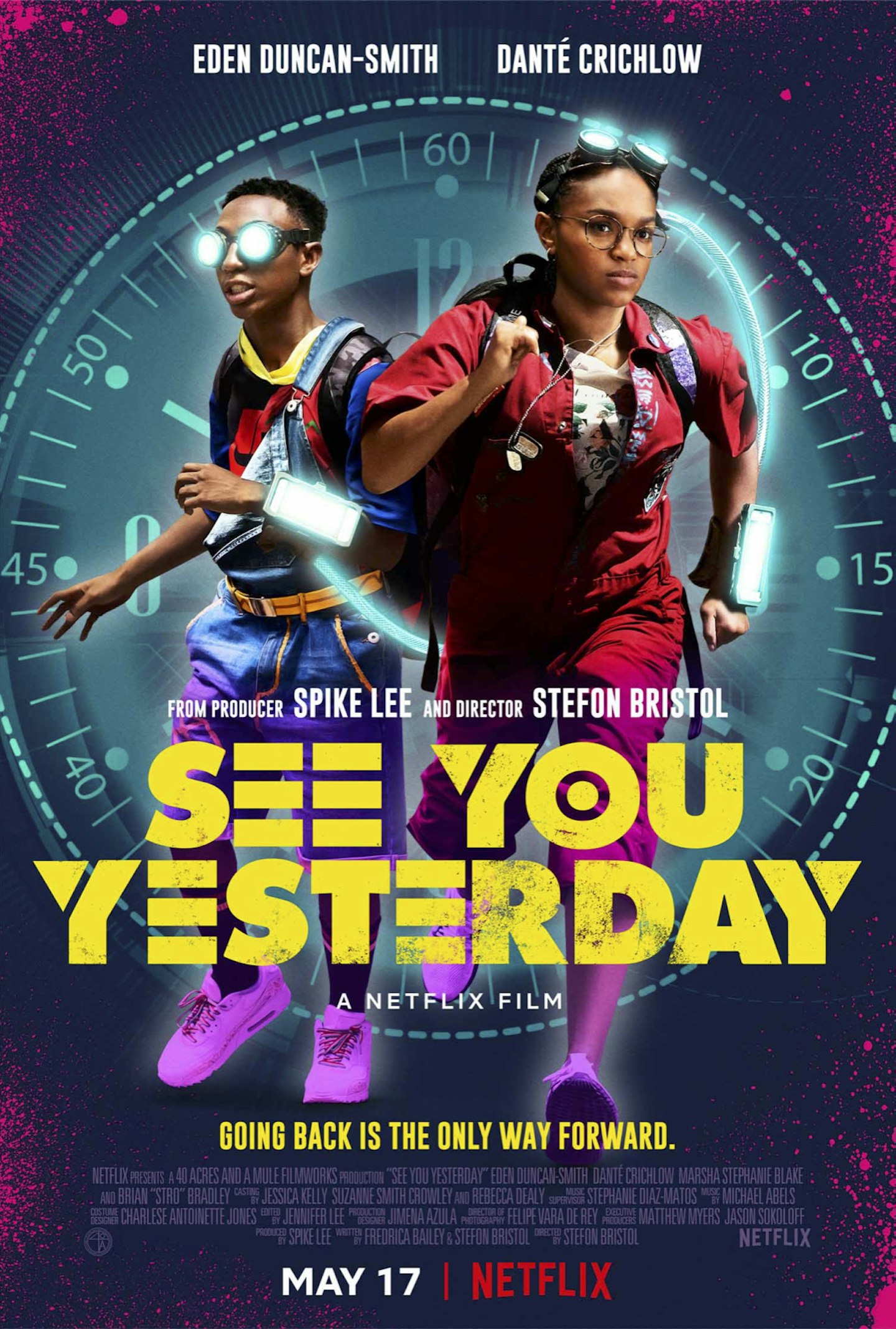 18 of 23
18 of 23See You Yesterday
This sci-fi film sees two teen prodigies trying to master time travel, as a tragic police shooting sends them on a series of dangerous trips to the past. Available on Netflix.
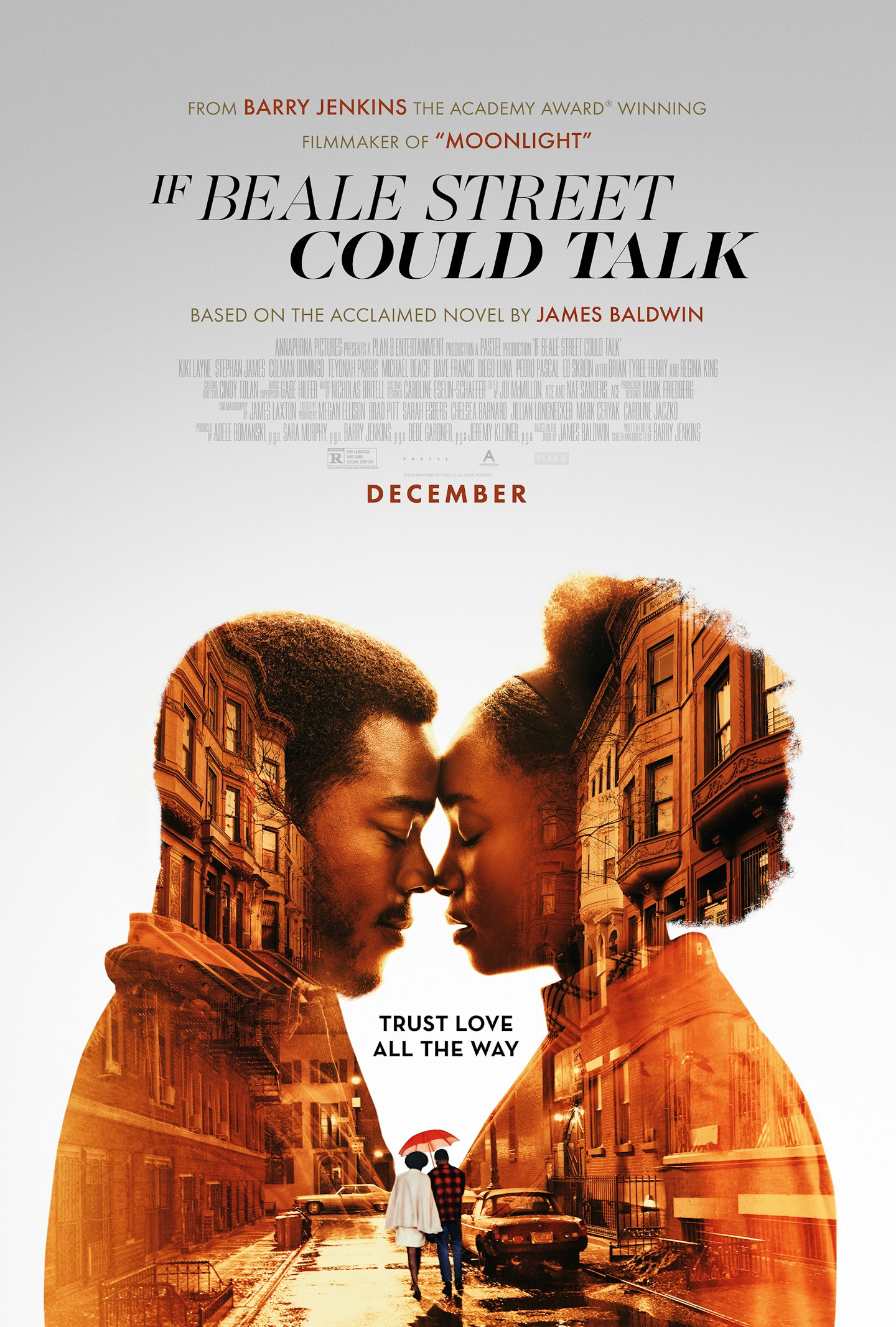 19 of 23
19 of 23If Beale Street Could Talk
Barry Jenkins wrote and directed this film, based on James Baldwin's 1974 novel about a Harlem couple torn apart by a wrongful arrest. Available to watch on Amazon Prime.
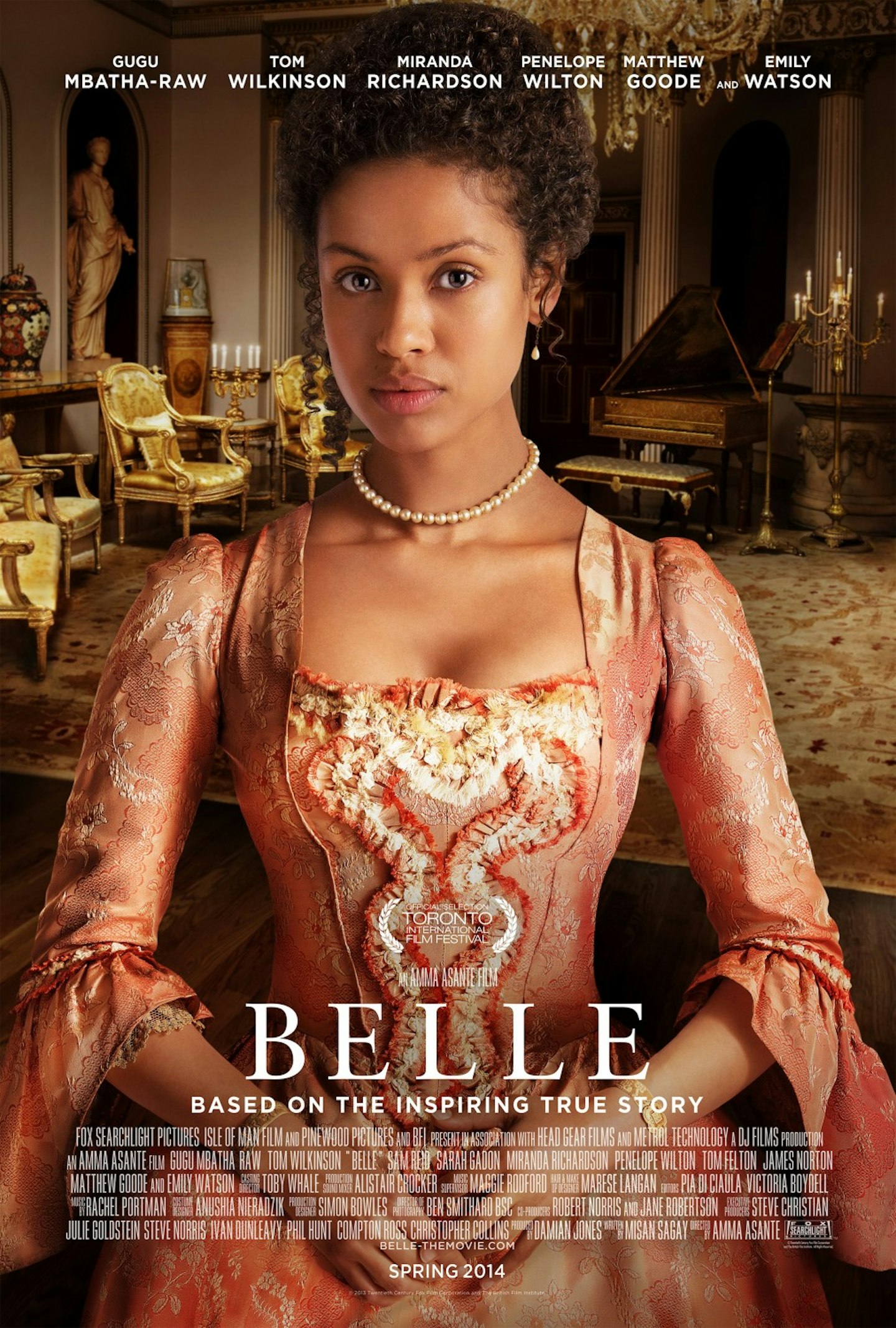 20 of 23
20 of 23Belle
Amma Asante's film is inspired by the 1779 painting of Dido Elizabeth Belle – the illegitimate mixed-race child of Sir John Lindsay – alongside her cousin, Lady Elizabeth Murray, which hangs in Kenwood House, London. The fictional story centres on Dido's relationships within her family and wider society, amidst the reactions to the Zong massacre, where slaves were thrown overboard from a slave ship and the owner filed for the losses with his insurance company. You can hire Belle on Amazon Prime.
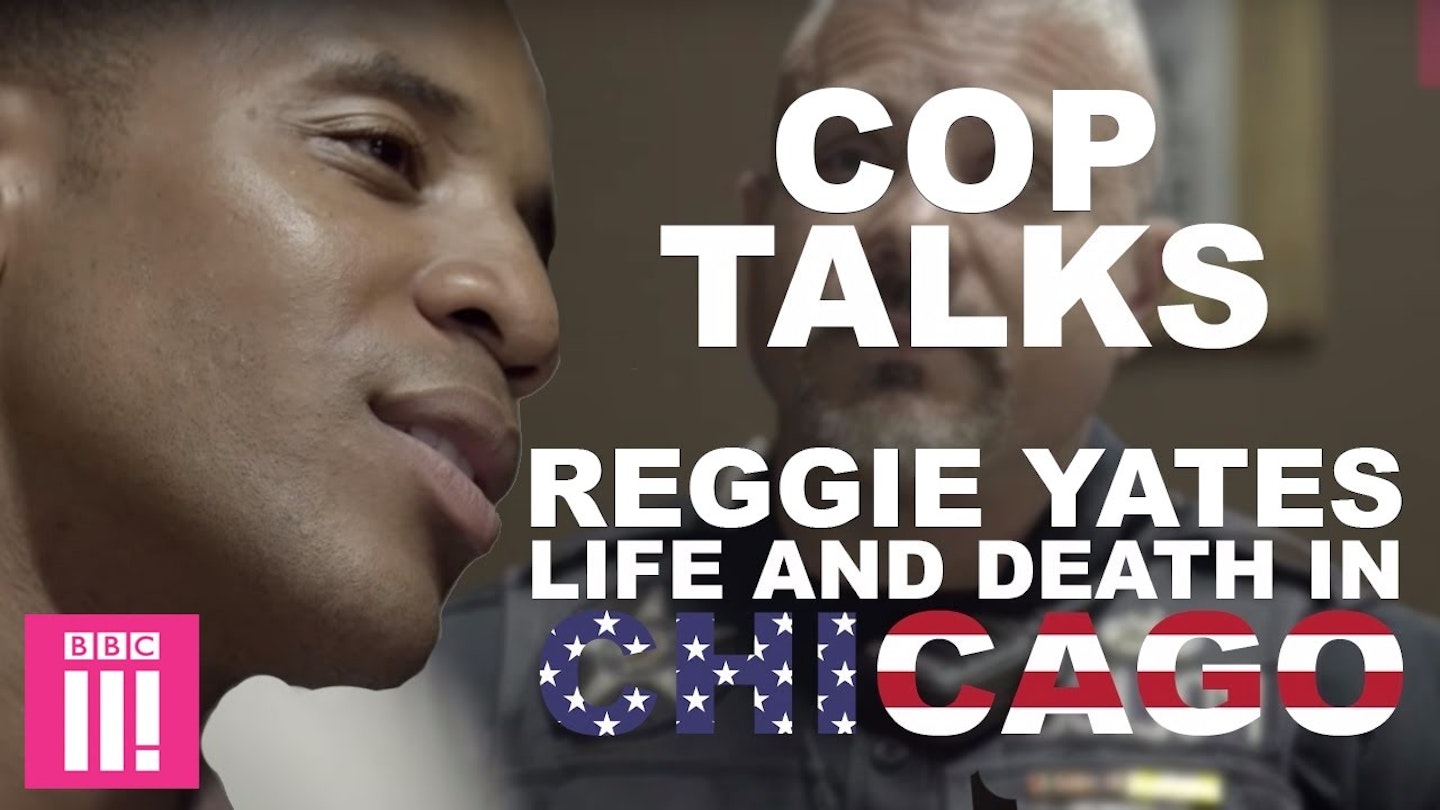 21 of 23
21 of 23Reggie Yates: Life and Death in Chicago
Many of Reggie Yates' ongoing documentaries and Extreme series for BBC Three are important watches. This documentary, which saw him travel to Chicago to examine gun crime in 2016, is available on iPlayer now.
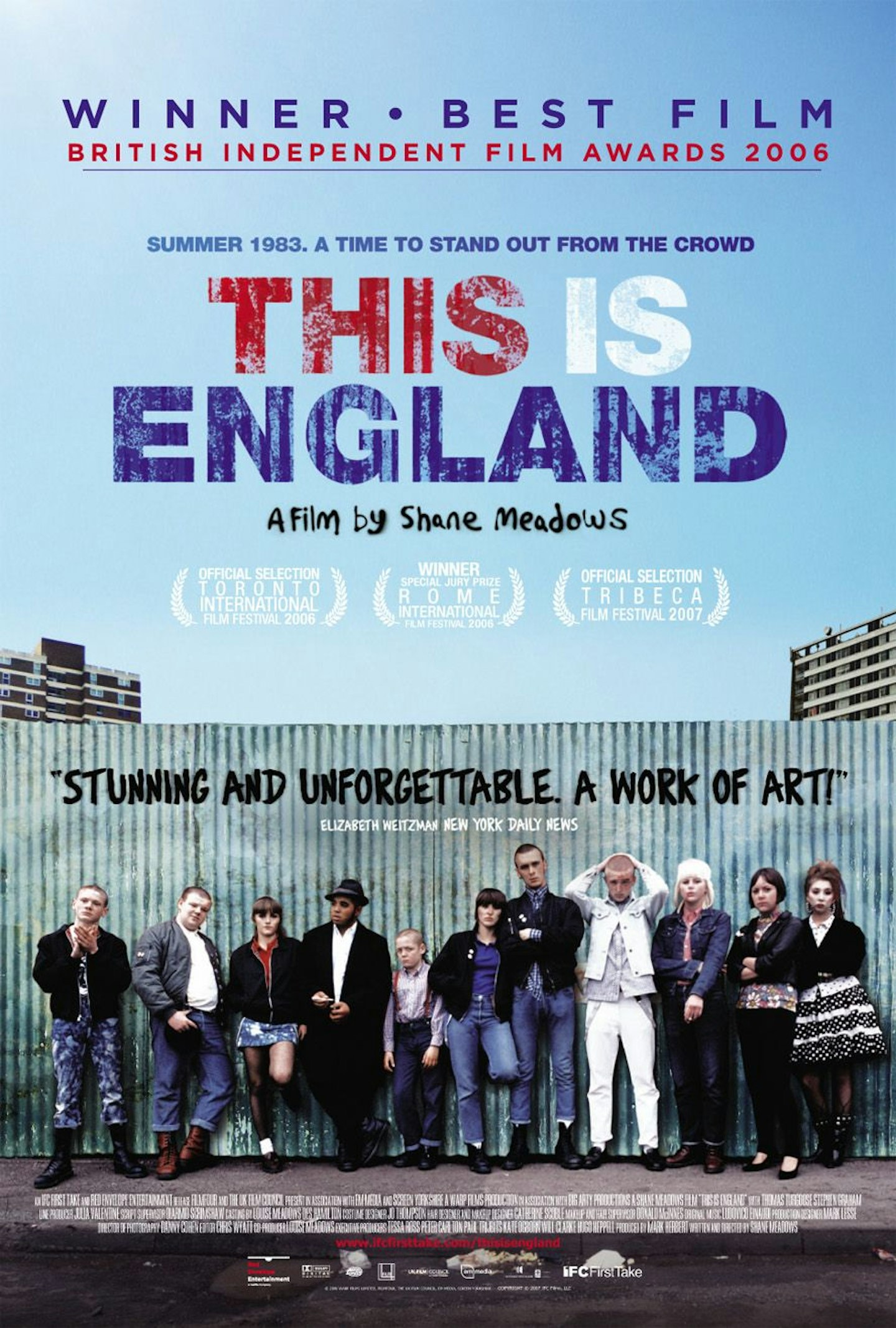 22 of 23
22 of 23This Is England
The Shane Meadows film that spawned the Channel 4 series shows the development of skinhead culture in the 1980s in the UK and how it became hijacked by racist voices. The film is available on Amazon Prime.
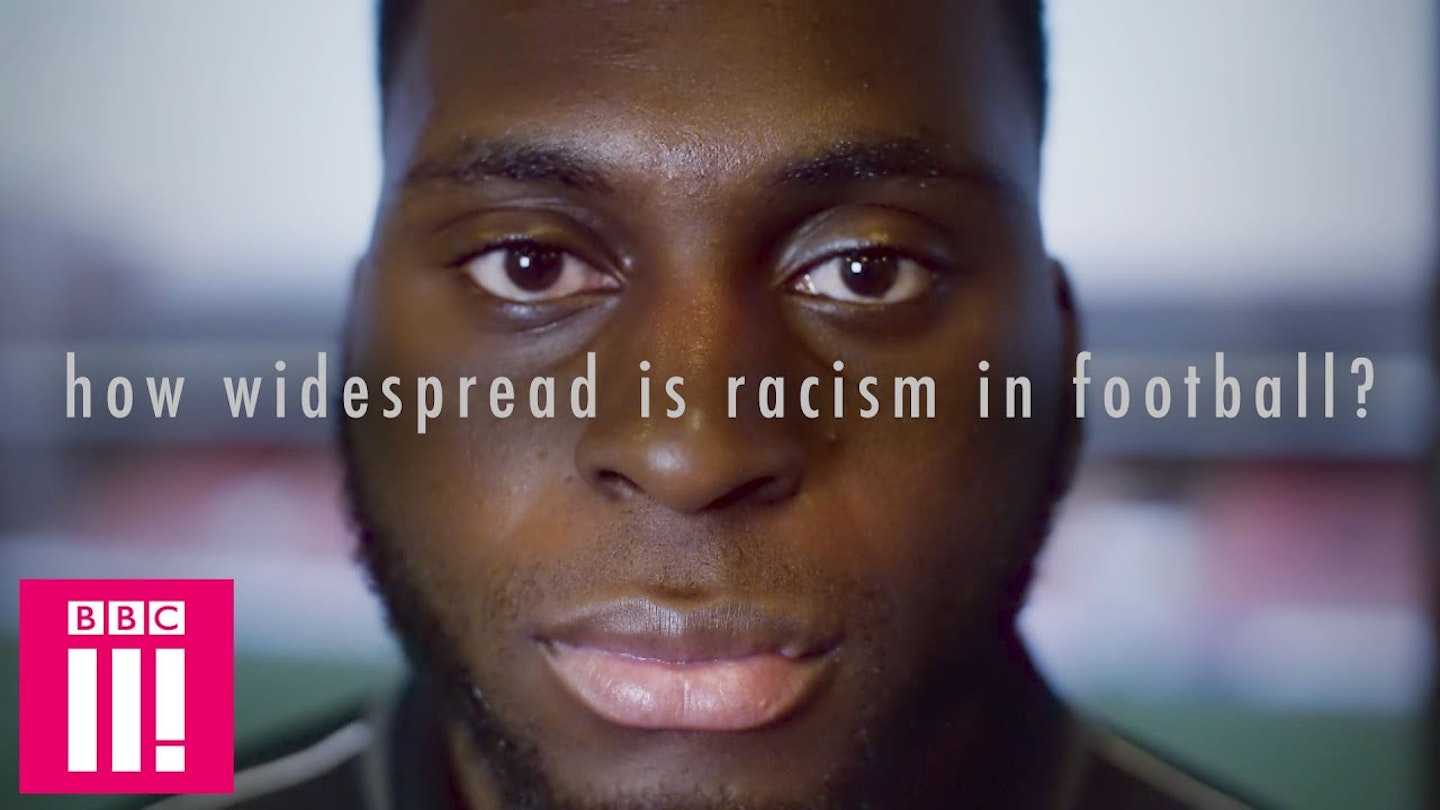 23 of 23
23 of 23Shame In The Game: Racism In Football
This BBC Three documentary, still available on iPlayer, examines the devastating impact of football racism in the UK, as incidents soar and players at every level of the game call for drastic action.
And while these experiences are actually not specific to my, or any other Black Brit’s experience – god knows this level of ignorance isn’t exclusive to the UK – the difference is that our knowledge of what racism looks like in the USA is very different. Over there, it’s the Black Lives Matter Movement. We learned about the black girl magic hashtag from them. We’re watching the NFL’s powerful Take A Knee protest right now. And it all feels so separate.
It’s no secret that we follow in America’s footsteps. What happens, happens there first before we in the UK take heed and follow suit. And Lynette seems to think that it’s for this reason that we’ve only just started to publically address our own race problems. ‘I think all the drama in America made people wake up and realise that enough is enough. We can’t just ignore racism or accept it as part of our day to day lives anymore’, she explains.
‘In England, racism is just wrapped up in a nicer, politer package. However, it’s just as bad.’
And while ‘nicer and politer’ may describe the way we address our history of discrimination in the UK’, it doesn’t quite describe the level of influence it has on the way we live. Labour MP David Lammy recently reviewed the over-representation of BAME people in the criminal justice system. What materialised was statistics that show disparity between the number of black people in prisons in England and Wales and the US: black people make 12 percent of the prison population in England and Wales even though they make up just 3 percent of the population, while in the US they make up 13 percent and 35 percent respectively.
The situation here is just as bad, if not worse in some cases, as those we so actively know about in America. That’s just fact. But 23-year-old fashion designer Ngoni Rutendo Chikwenegere tells me she feels that it’s a fact British society hasn’t really wanted to face. ‘We had been thinking we are so far evolved, only to realise that no, racism had just become a dirty word and went underground for a while but the resurgence of certain political stances has given some people [UKIP and the far right, for example] but equally this generation is shouting back’, she explains.
‘I was born in Africa so my sense of race and awareness of inequality has always been hella high. It’s actually become easier to have this sort of conversation with other people of colour but also with my boyfriend who is white and Jewish. Before, incidents of racism were so isolated that he might have sometimes felt I was just being extra whenever I brought it up and it was easy for him to deny the world we live in. But this stuff is now every day. It’s not something we can shy away from’.
The reality is that discussions about race and bias and privilege have started to transcend conversations in a way that’s more representative of their impact. The poignancy of Monroe Bergdorf being dropped from L’Oréalfollowing her Facebook post on white privilege is a testament to that. As is Leomie Anderson being refused from a show at this season’s Paris Fashion Week because the designer already had a black model. As is the fact that all of these reports into racial bias in the workplace and in our criminal justice systems are materialising now. Yes. Racism exists in 2017. And that’s the first thing we all need to acknowledge if we’ve got any hope of doing anything about it.
Like this? You might also be interested in…
Why Black British Women Understand The Pain Of America’s Race Problems
Follow Jazmin on Instagram @JazKopotsha
This article originally appeared on The Debrief.
